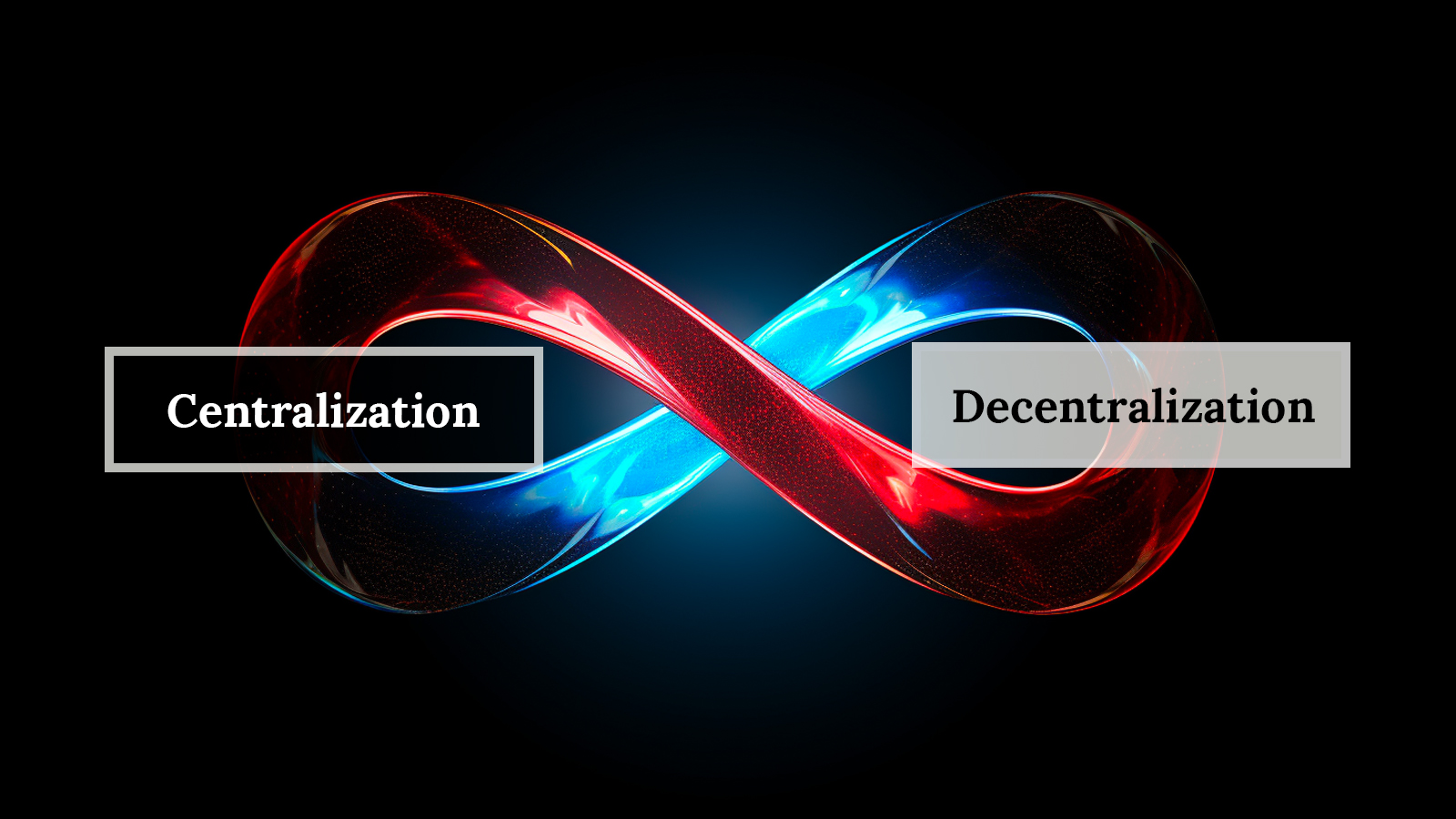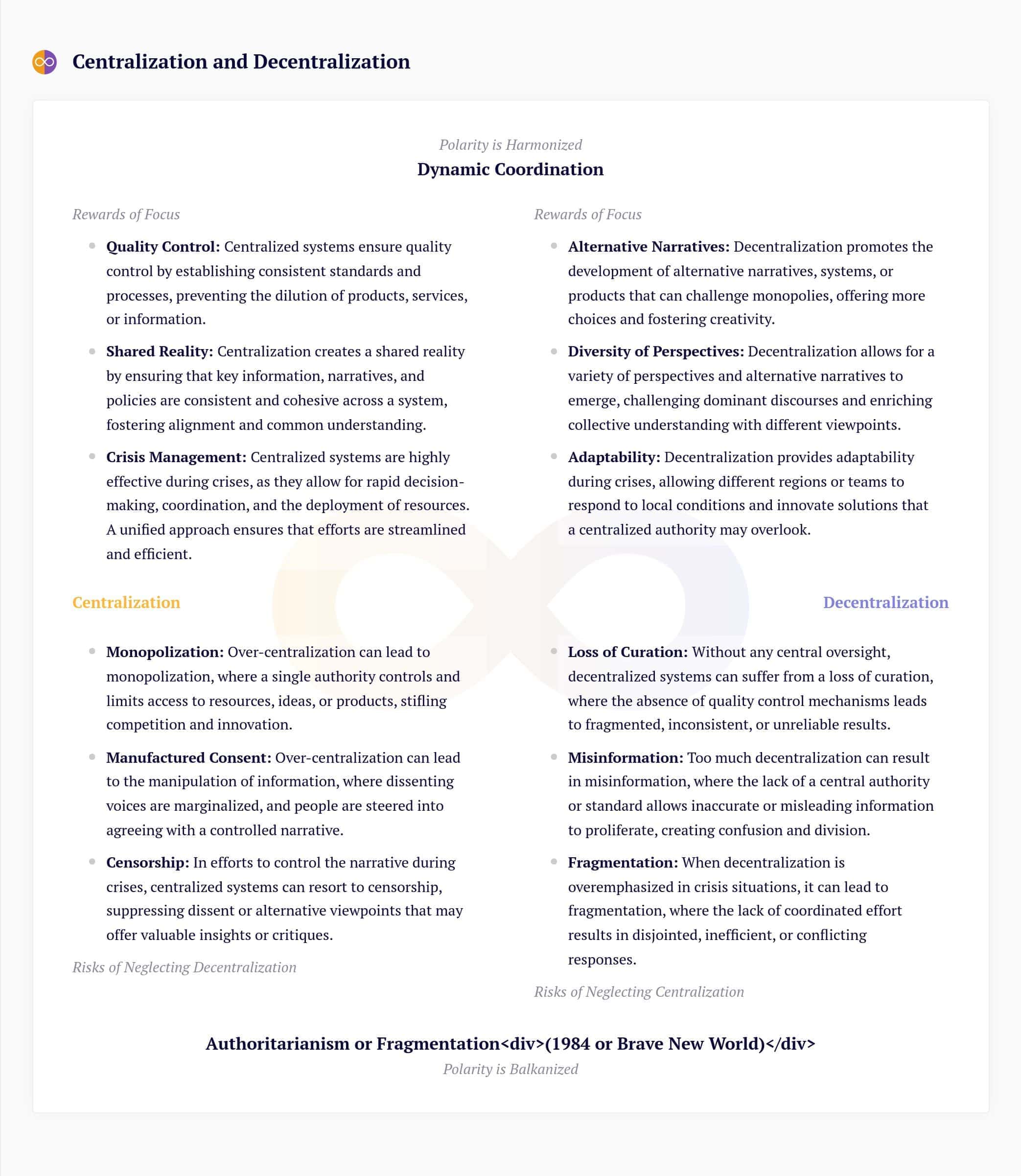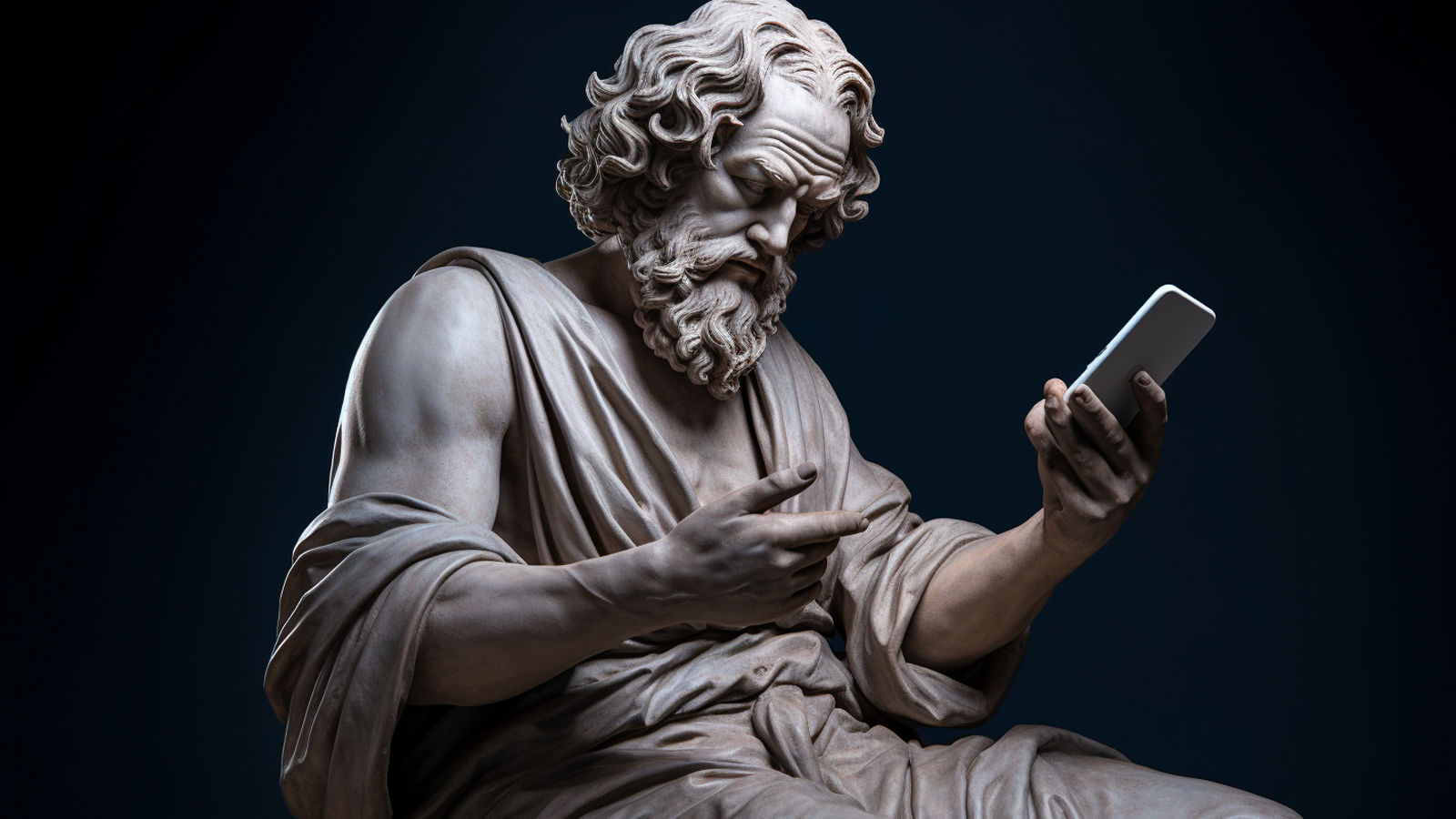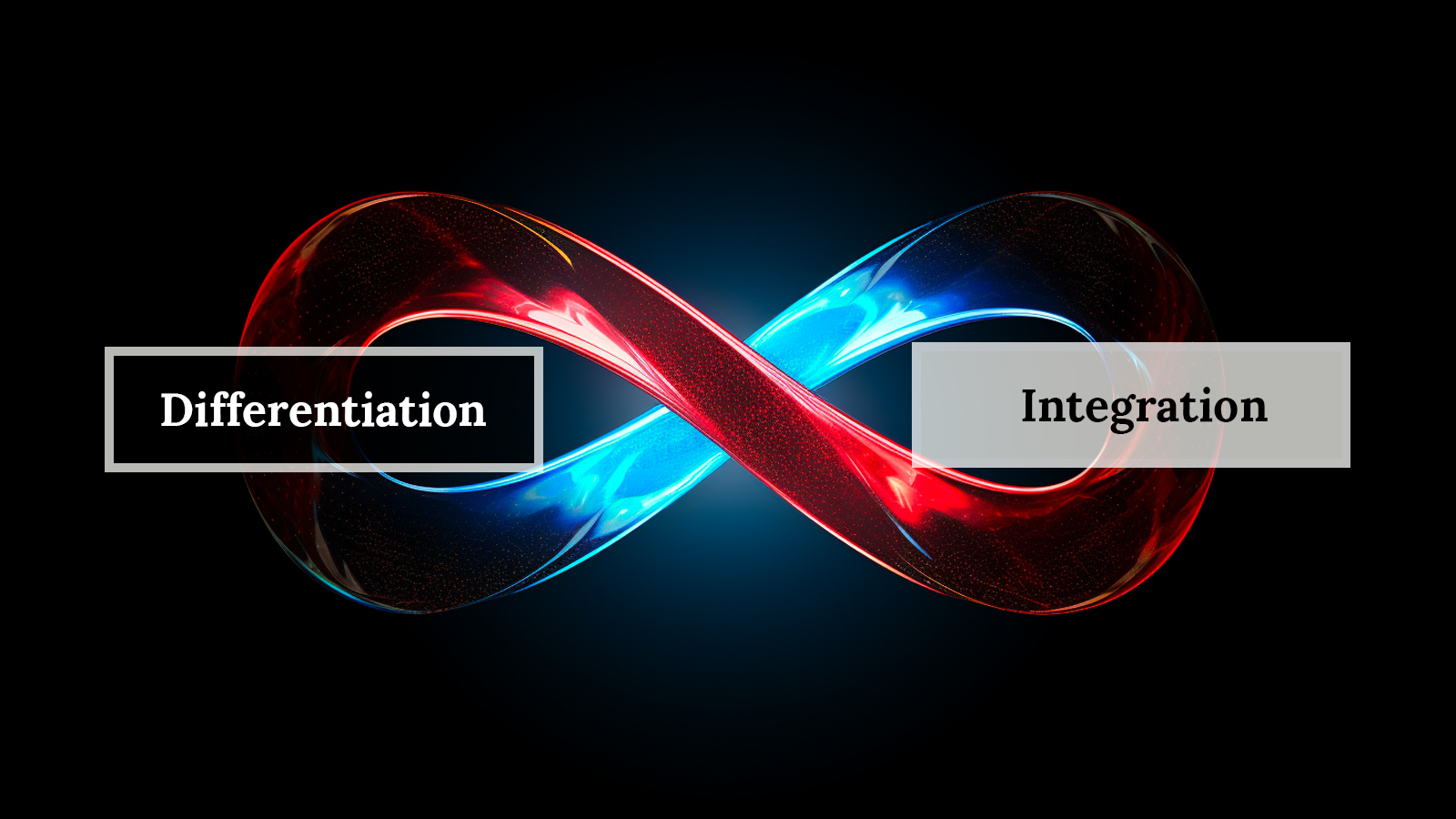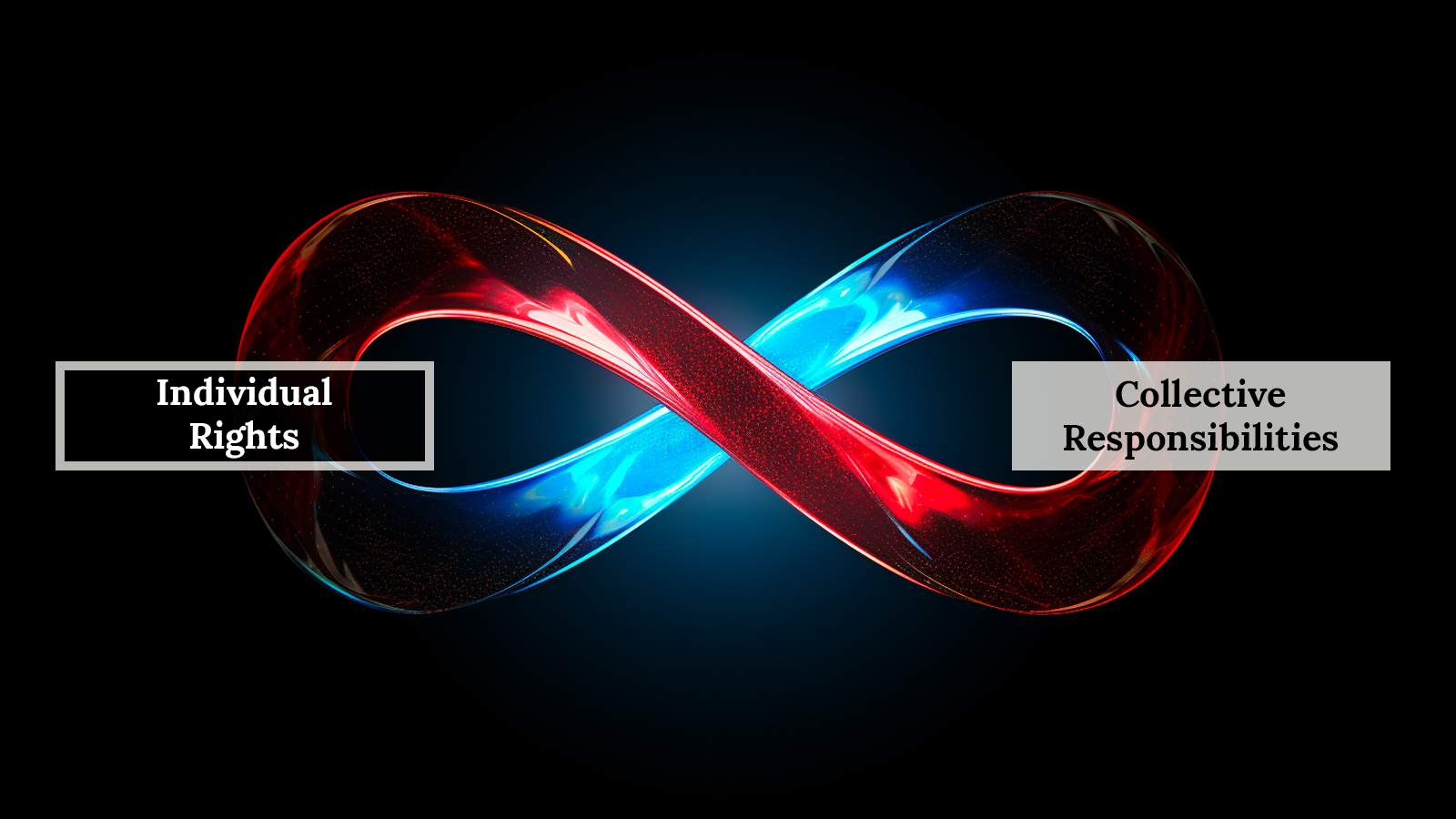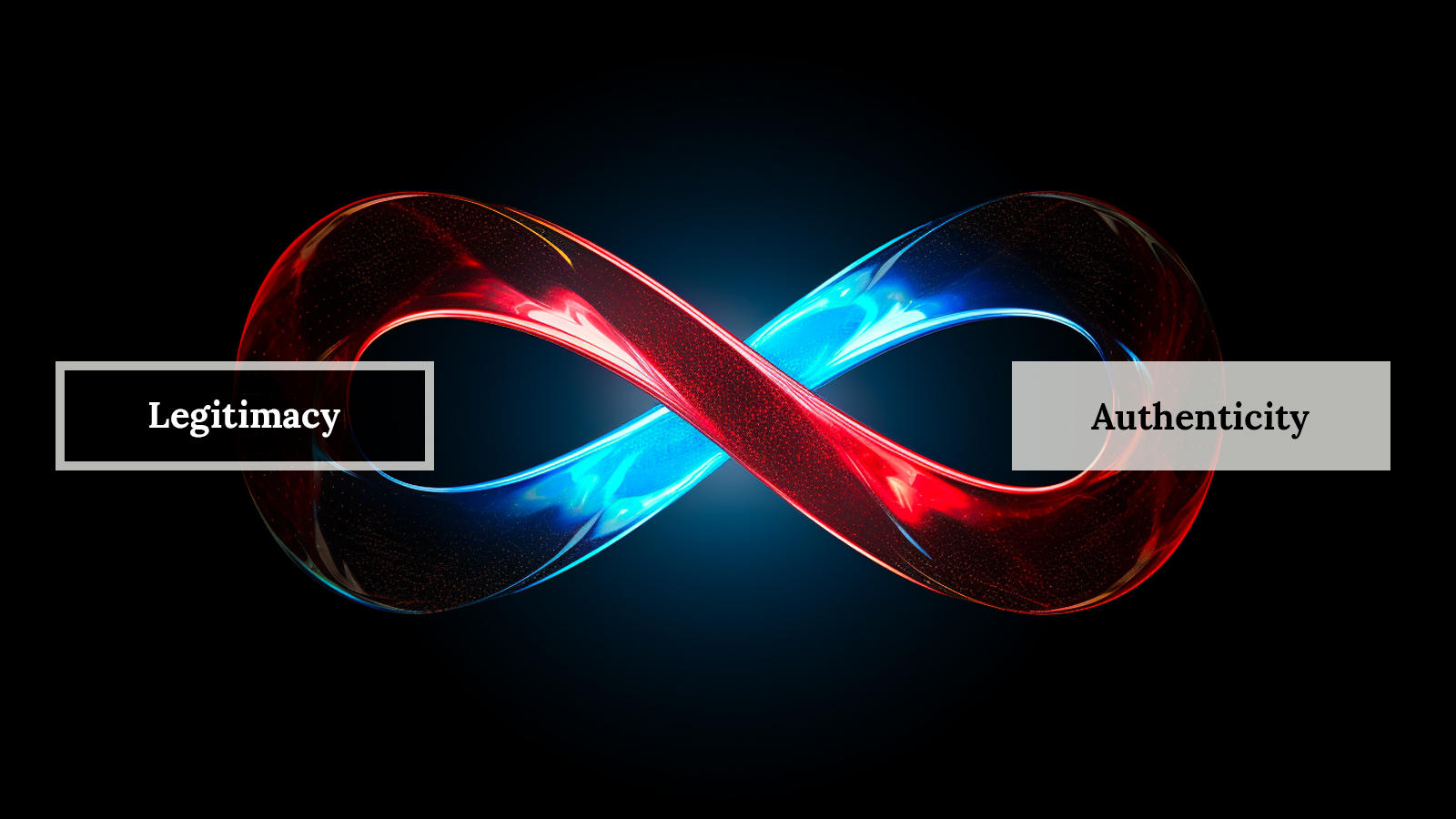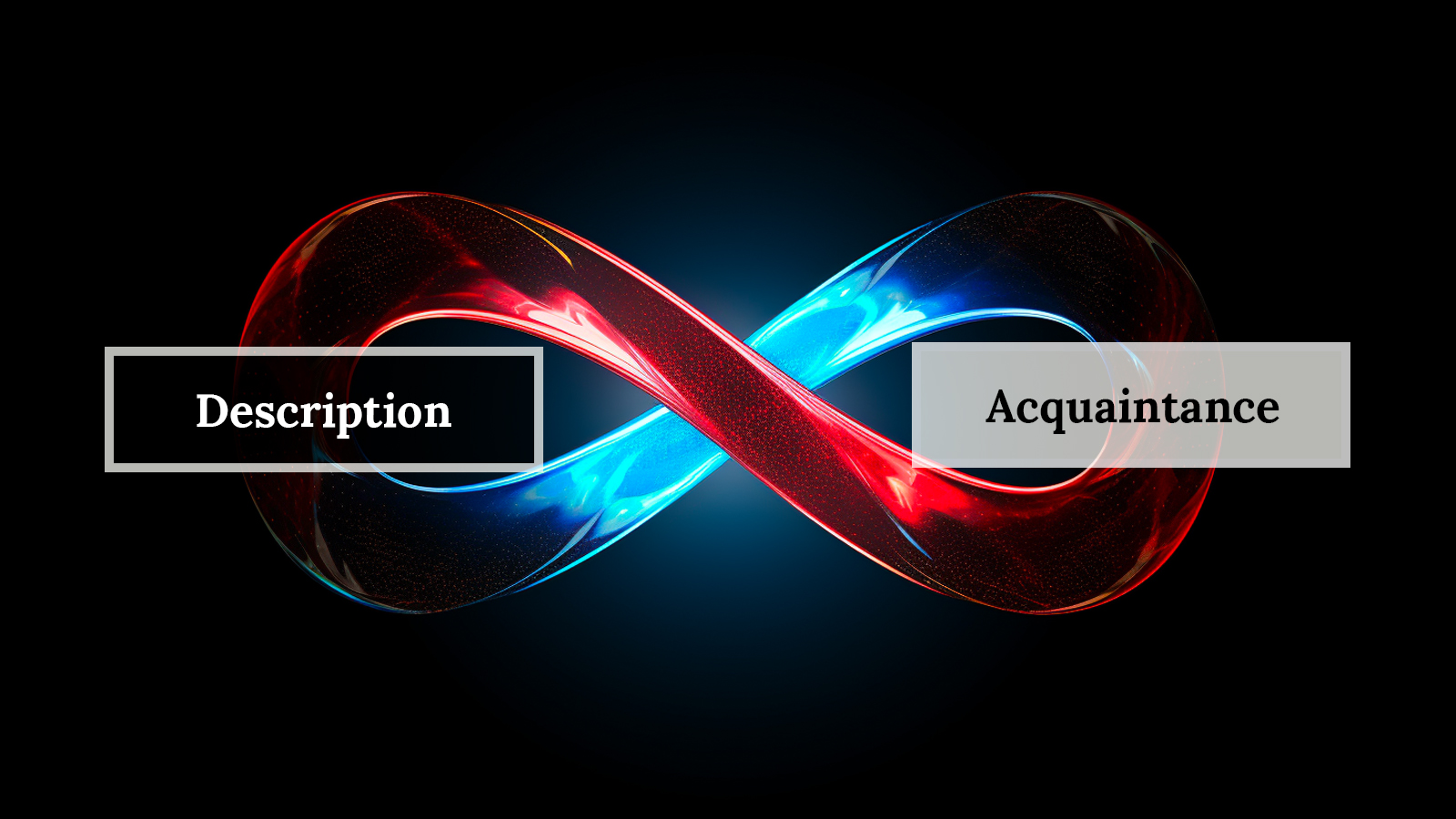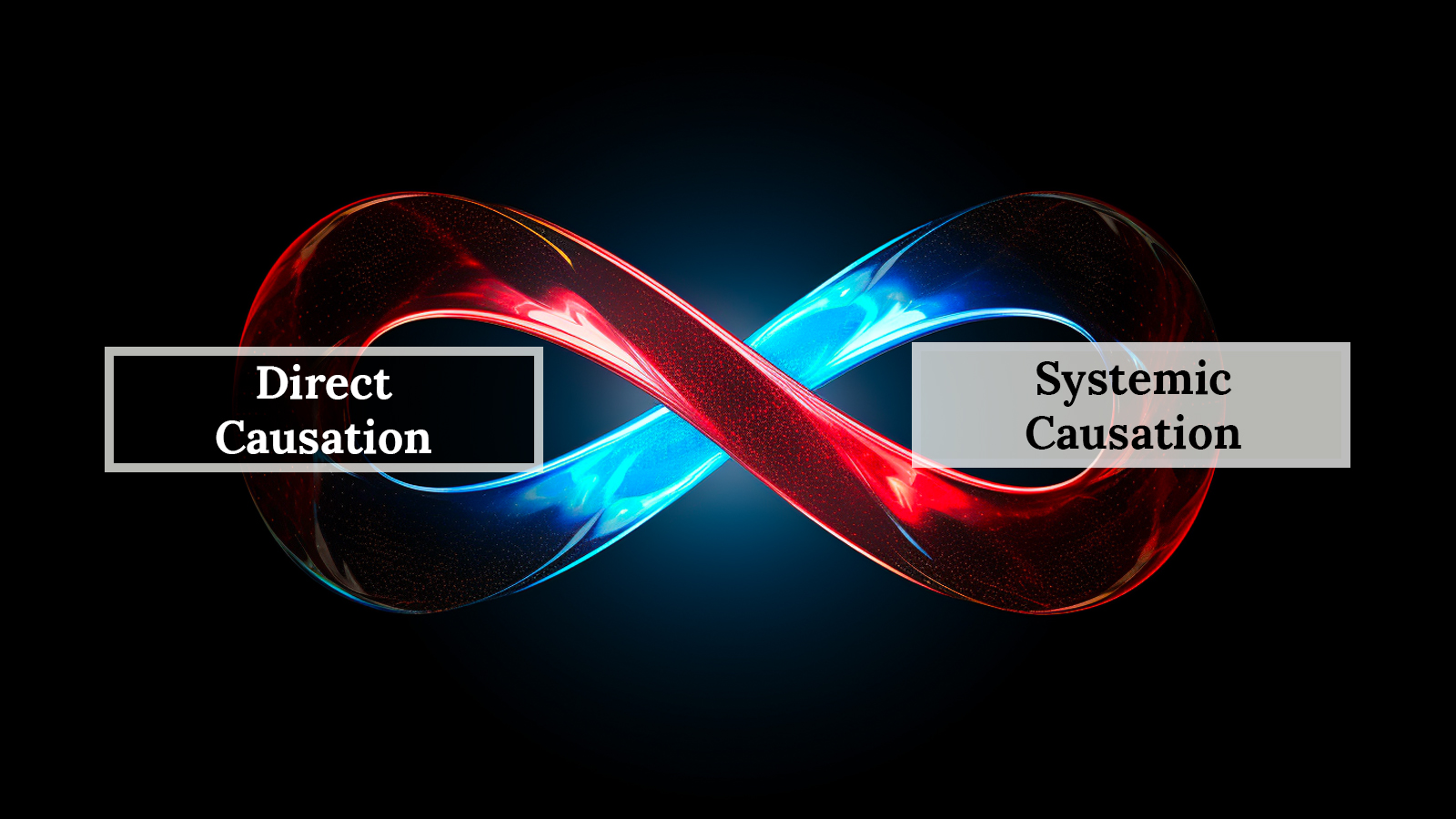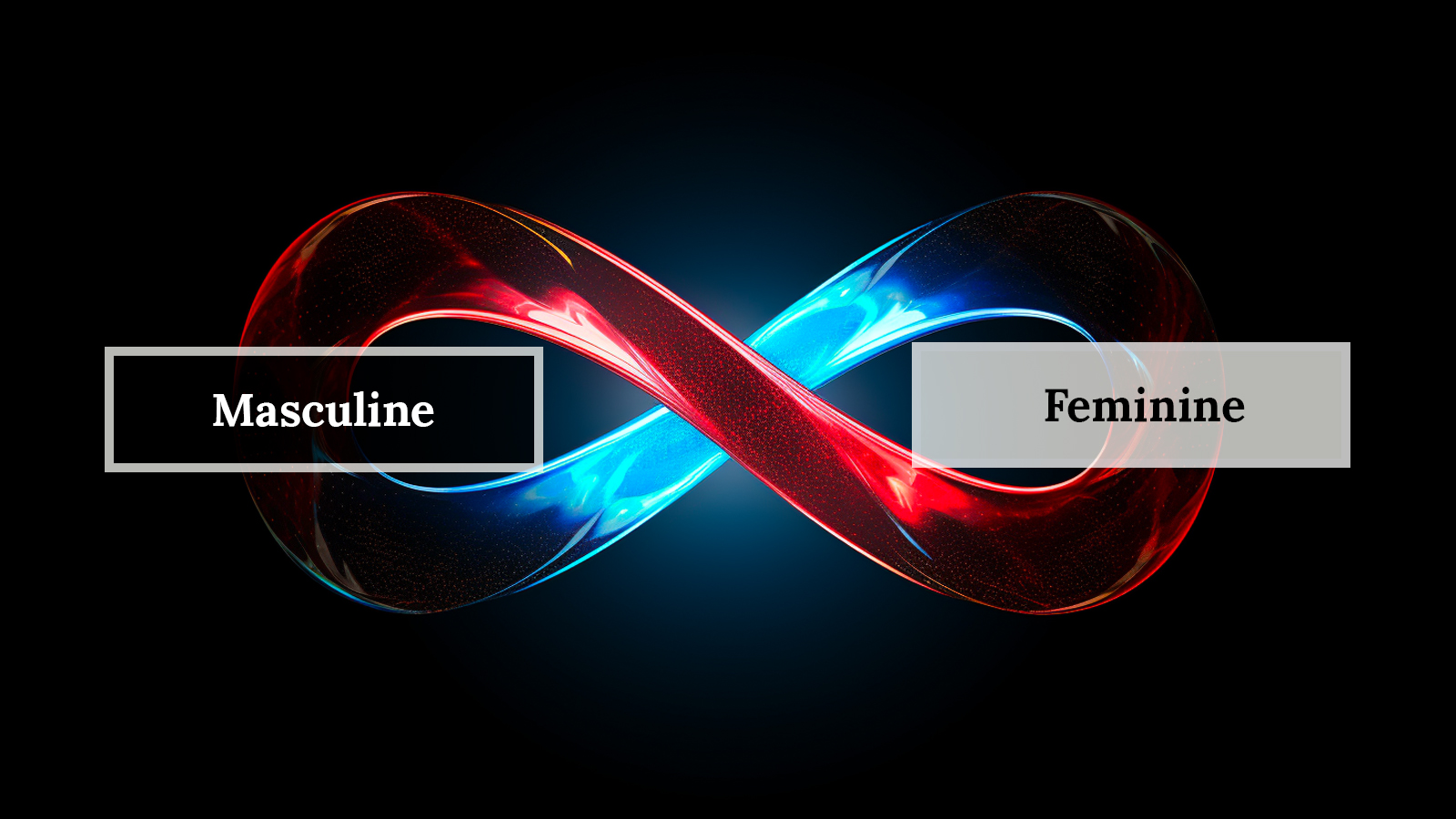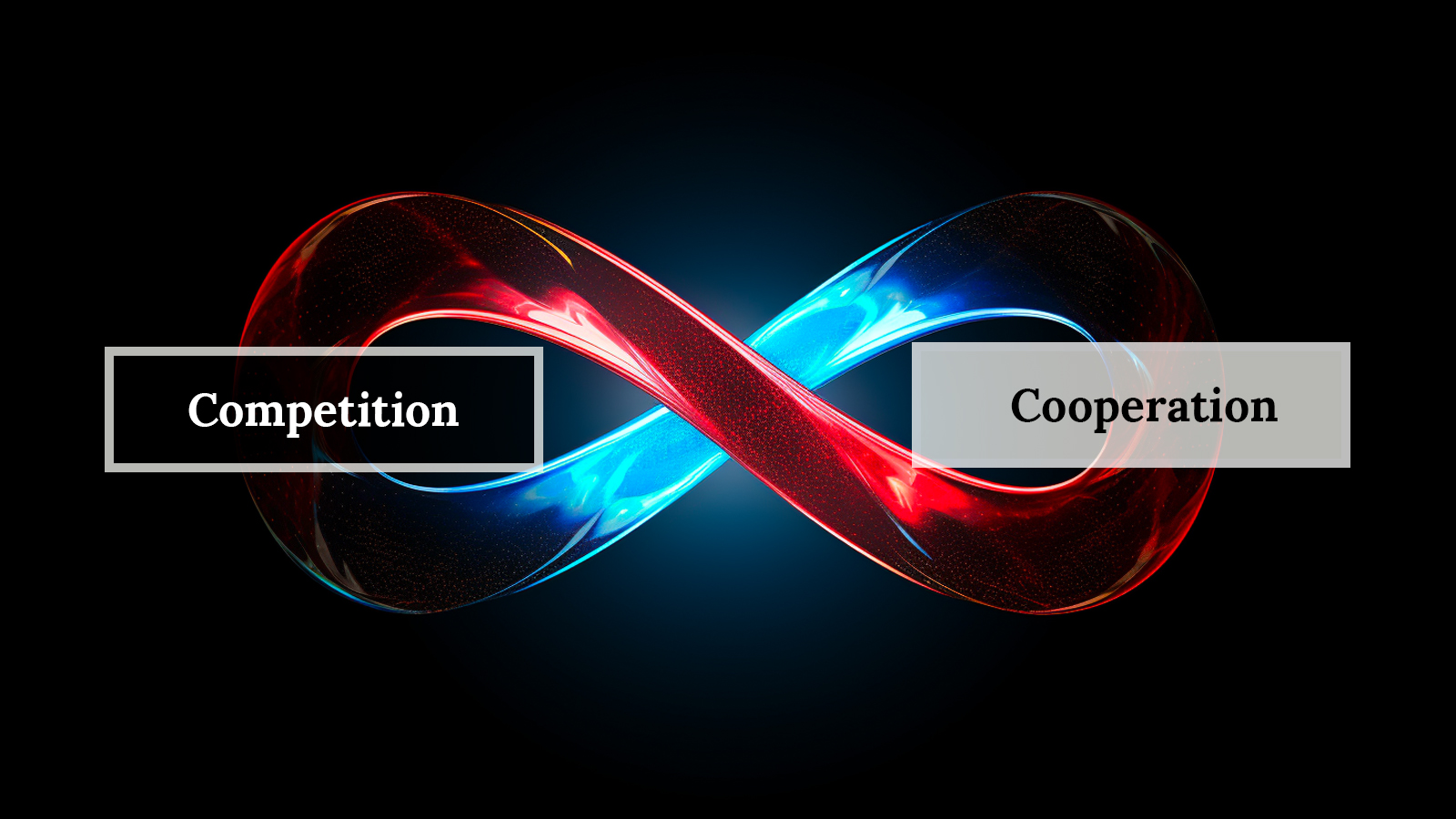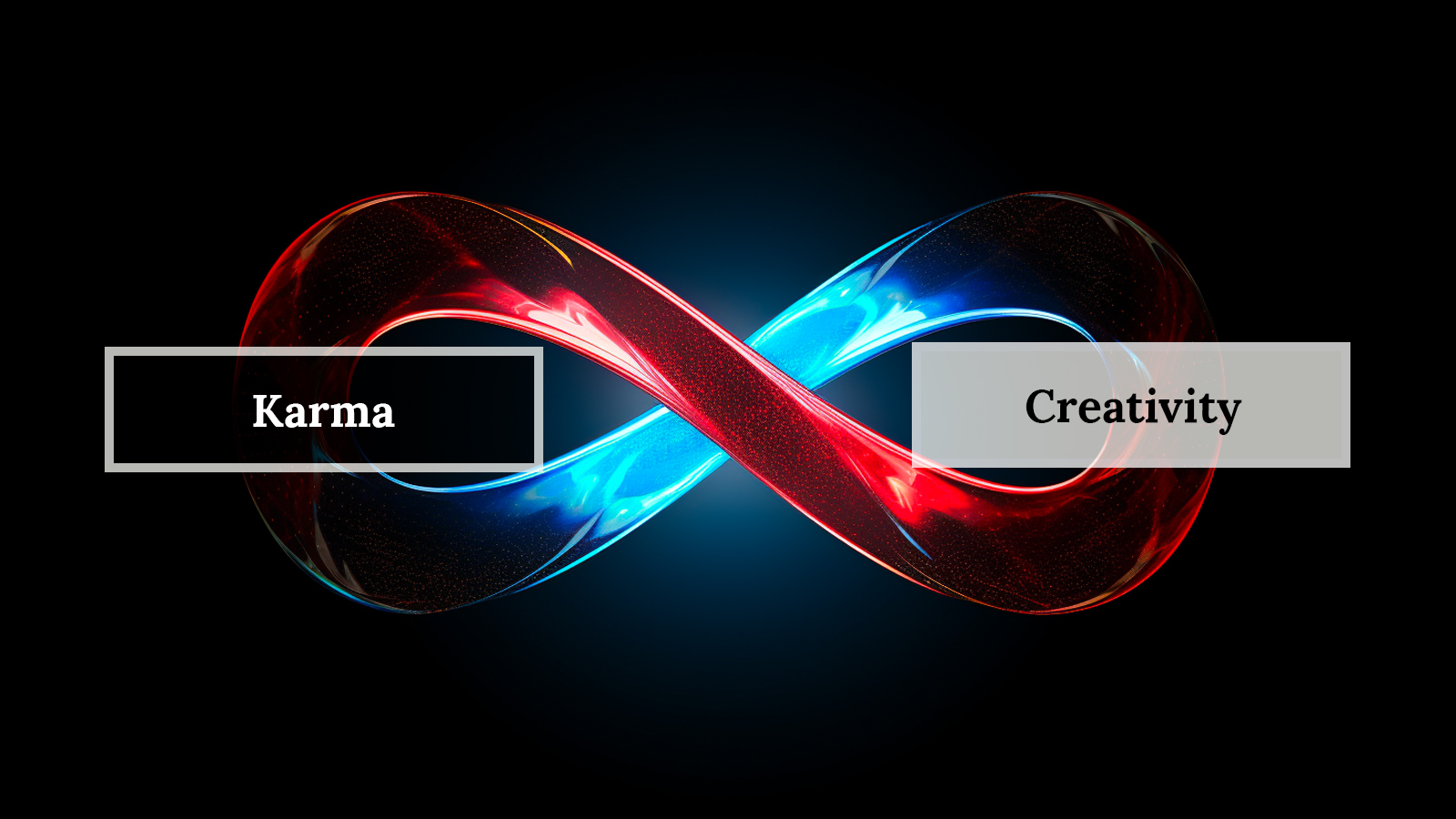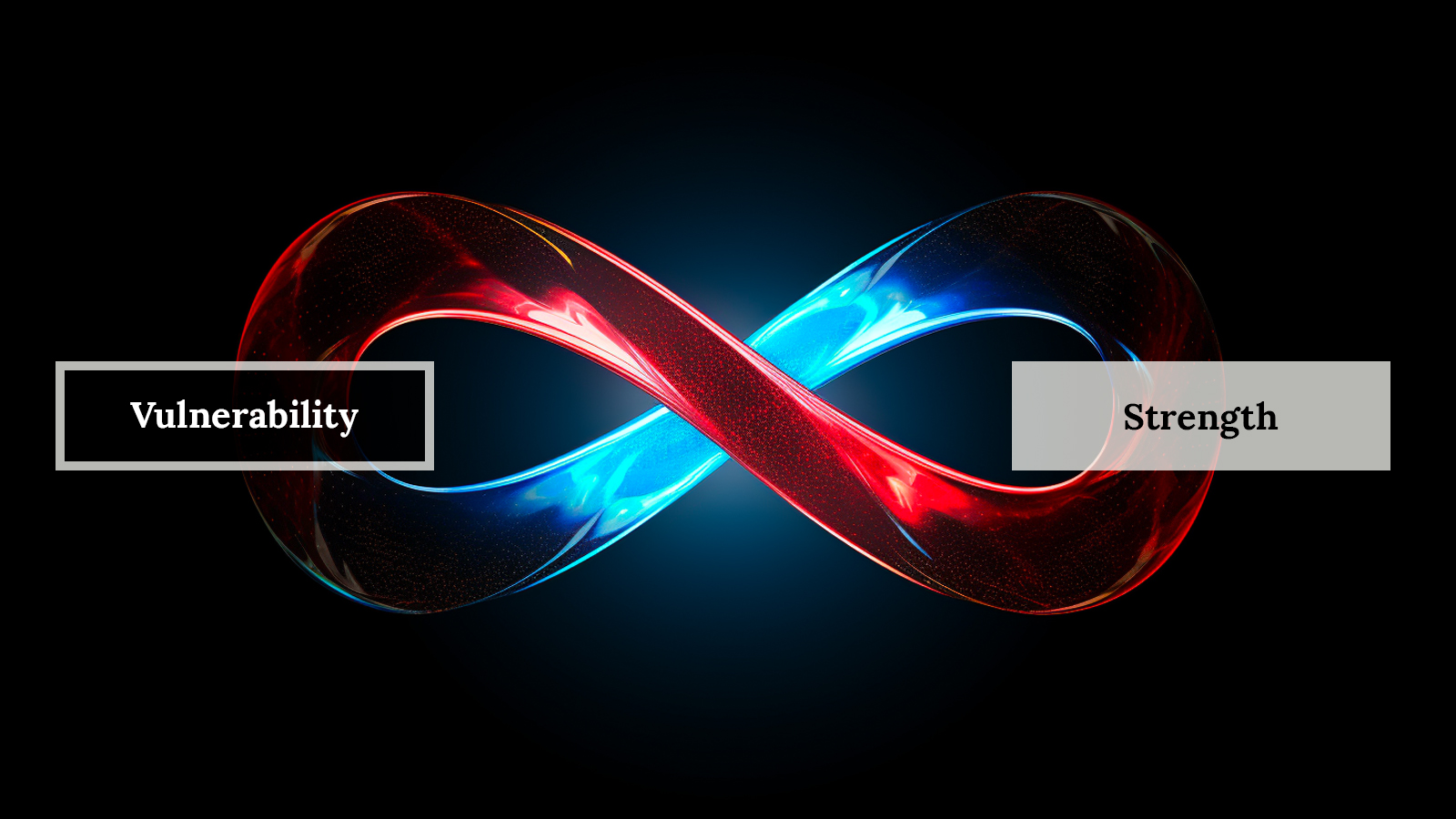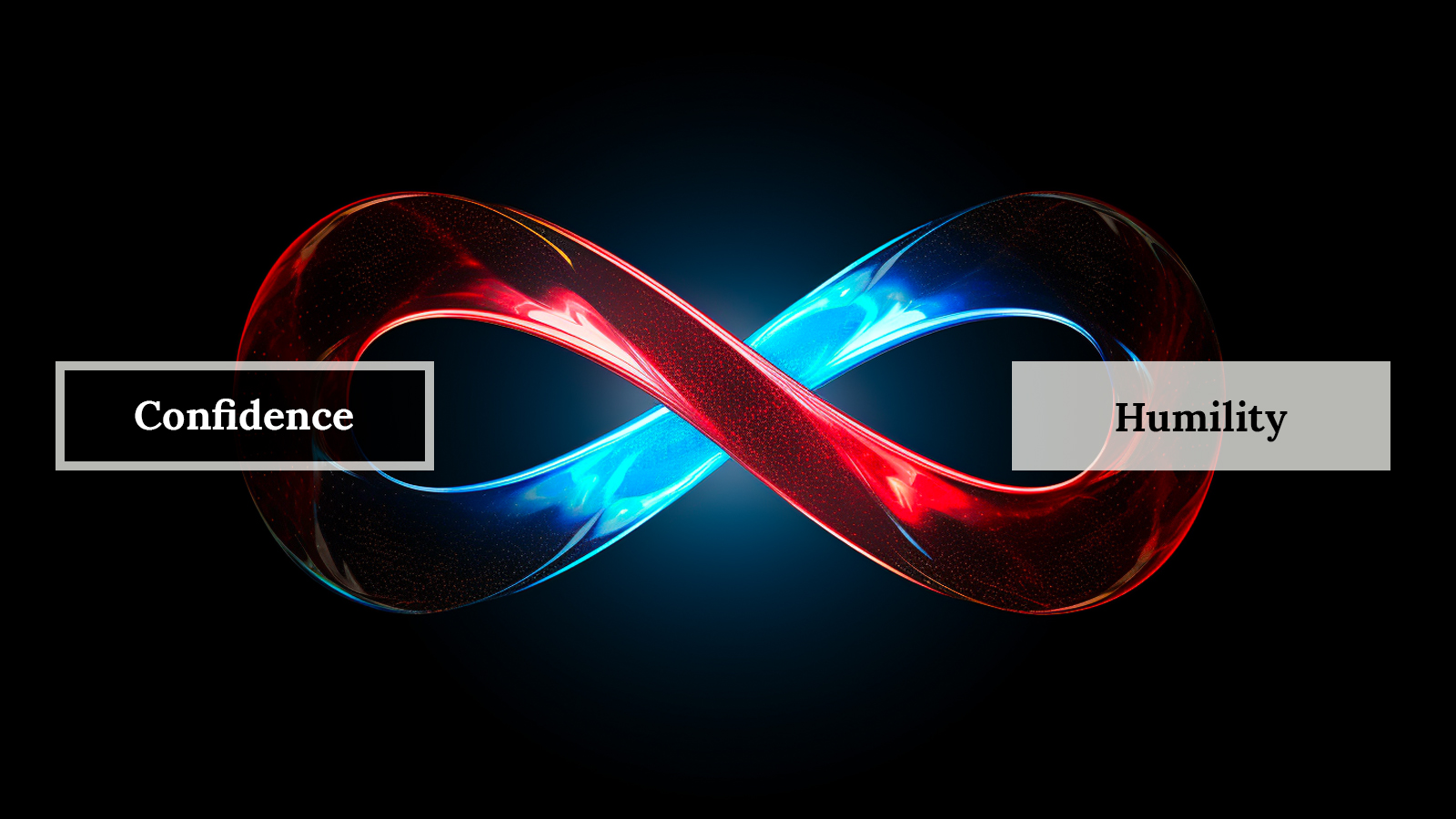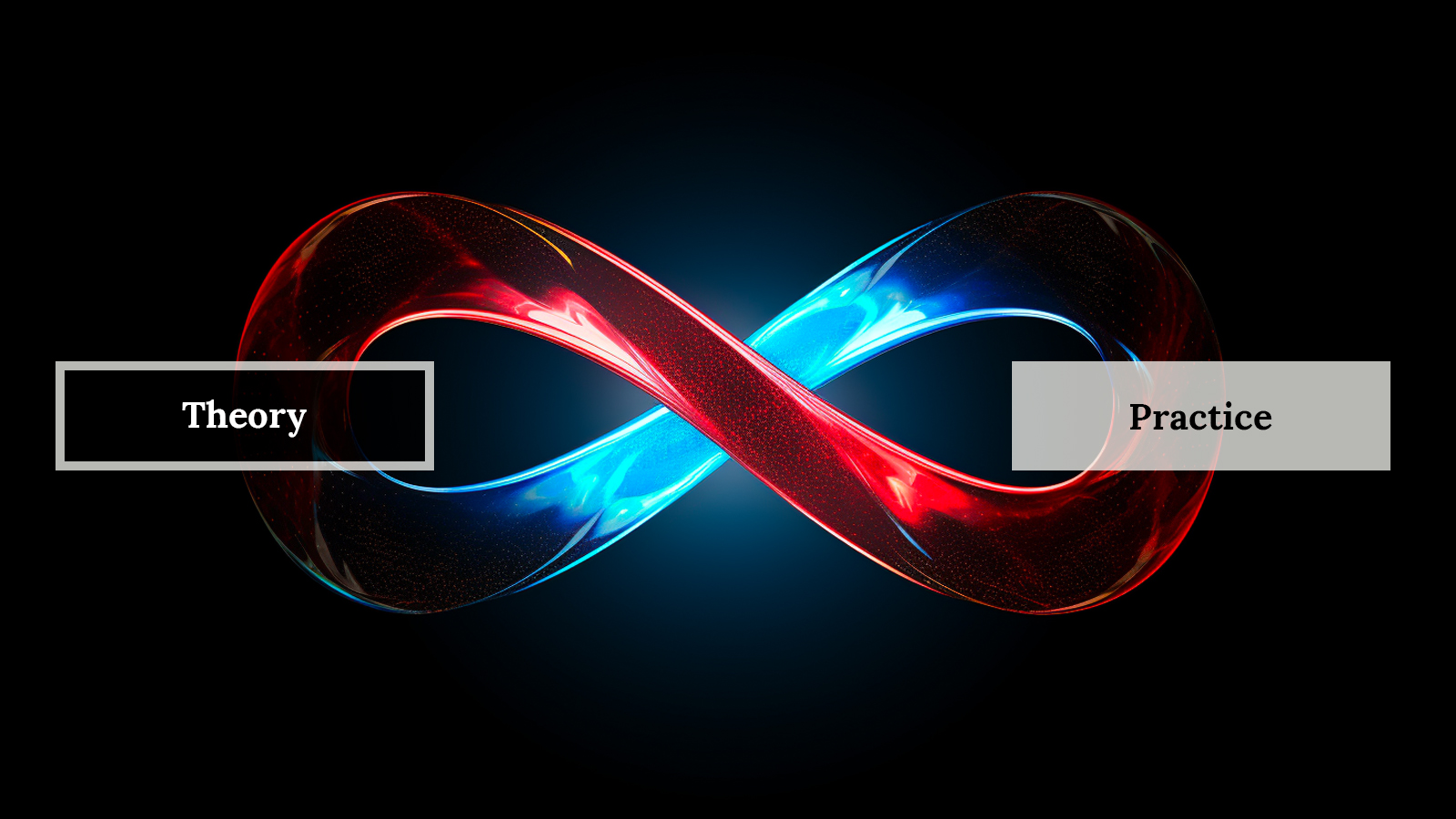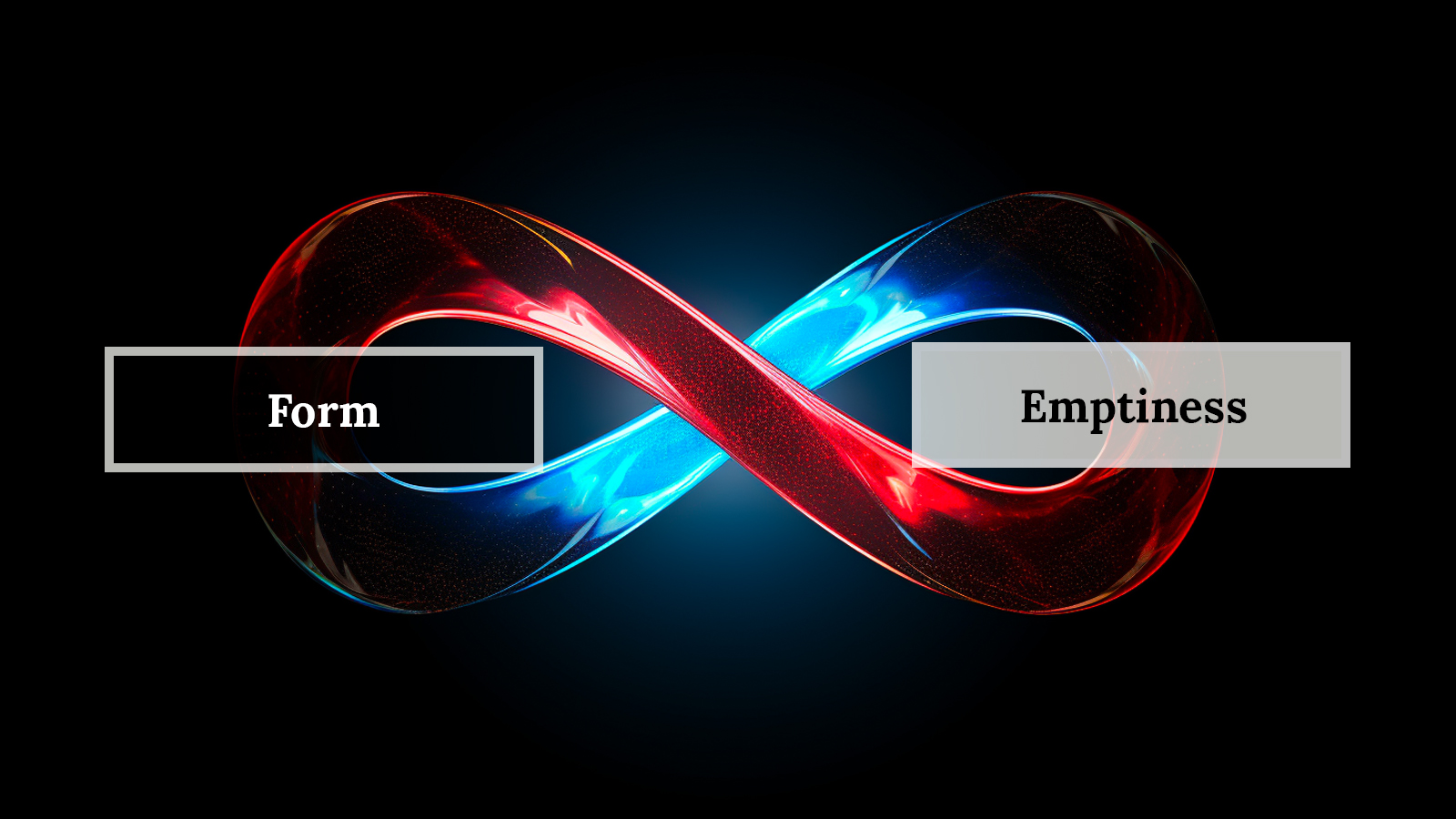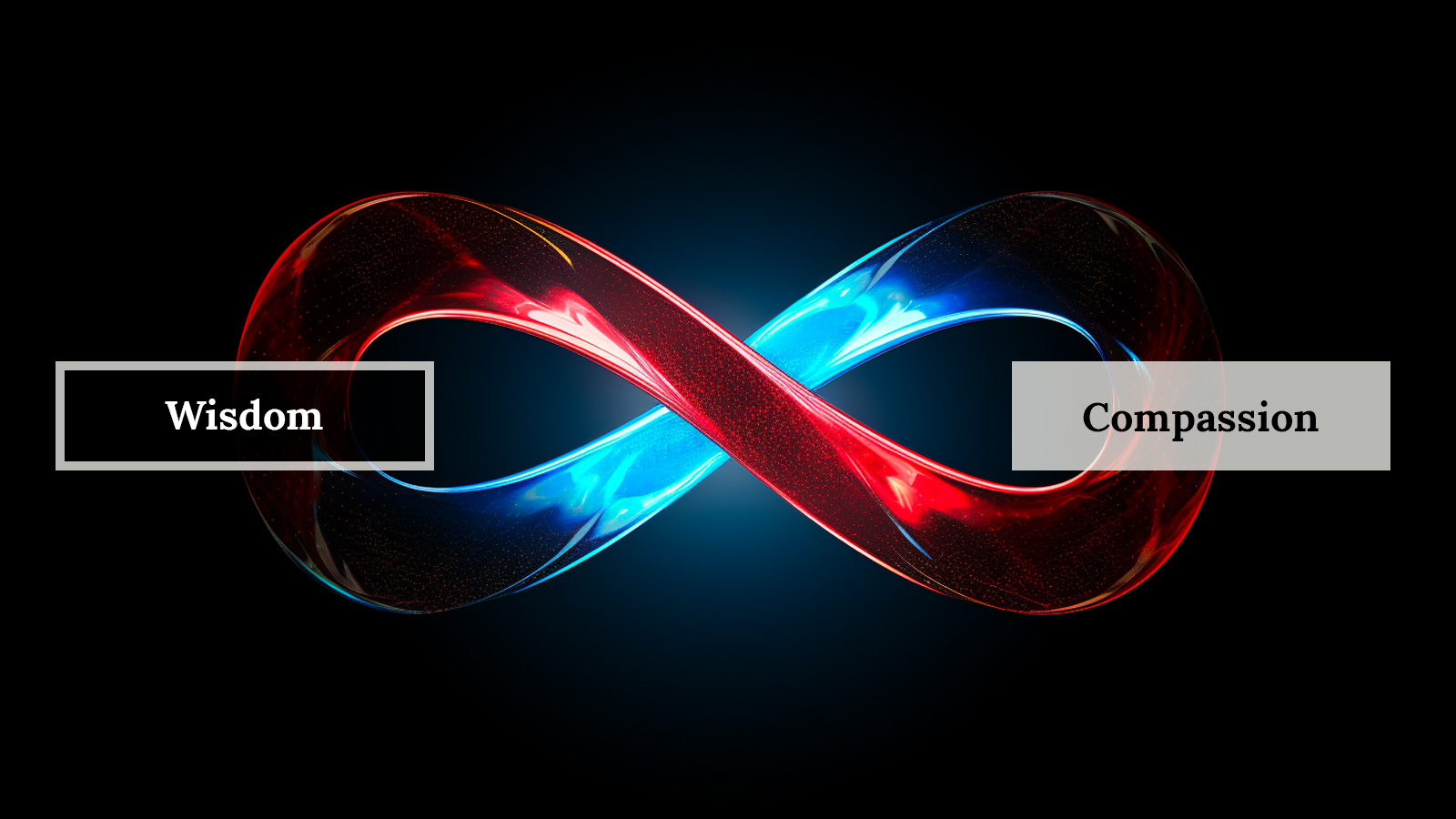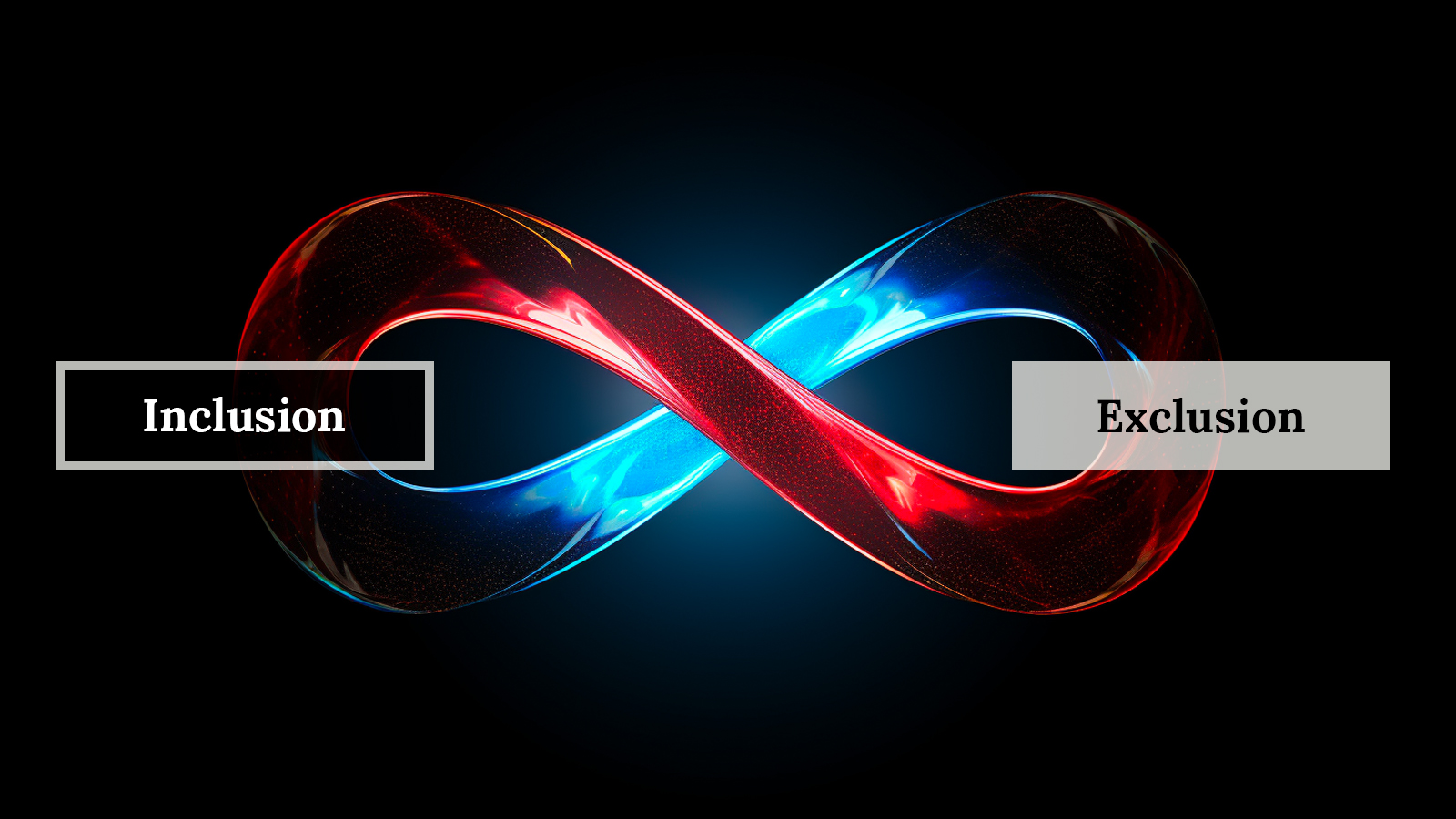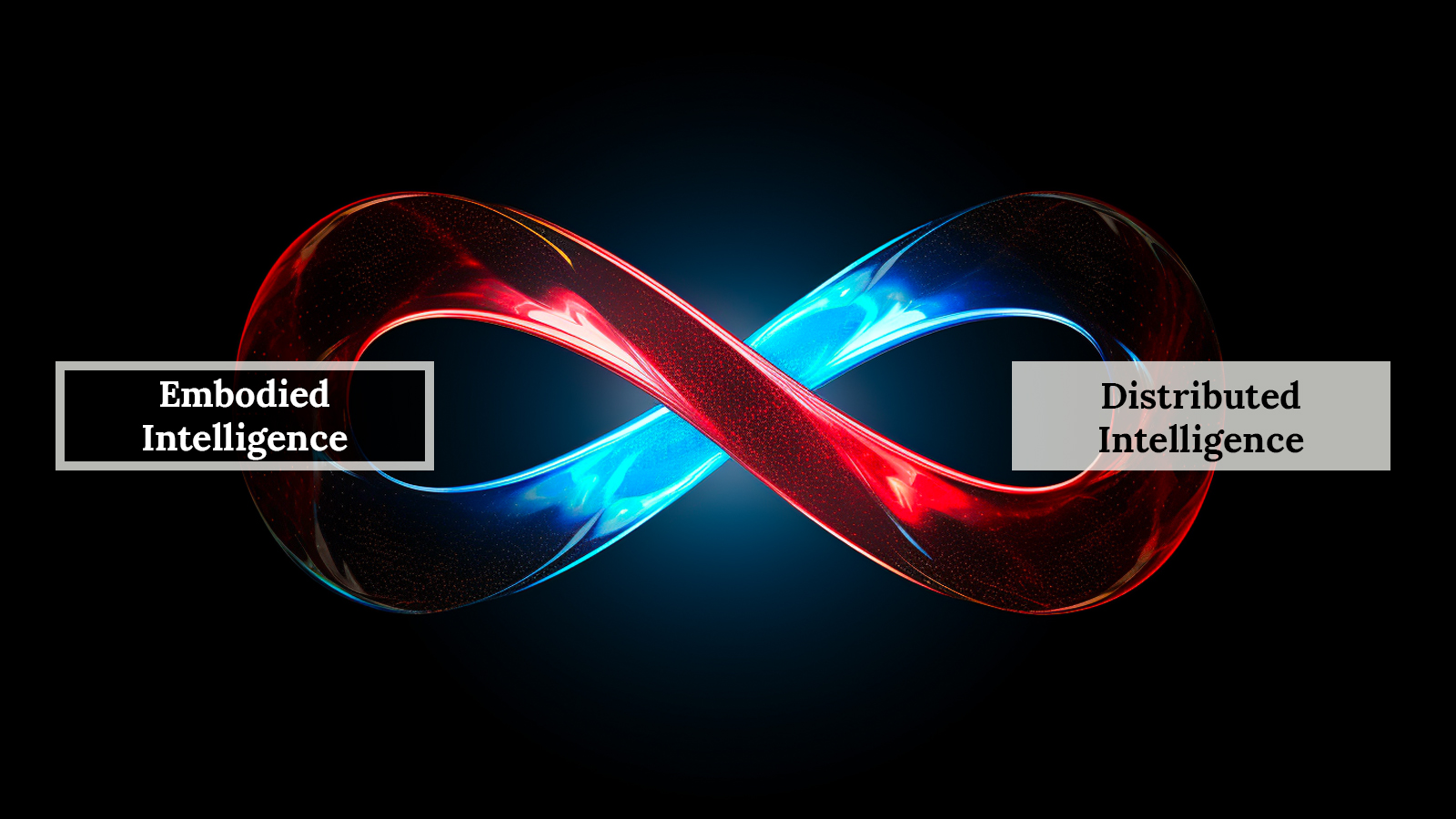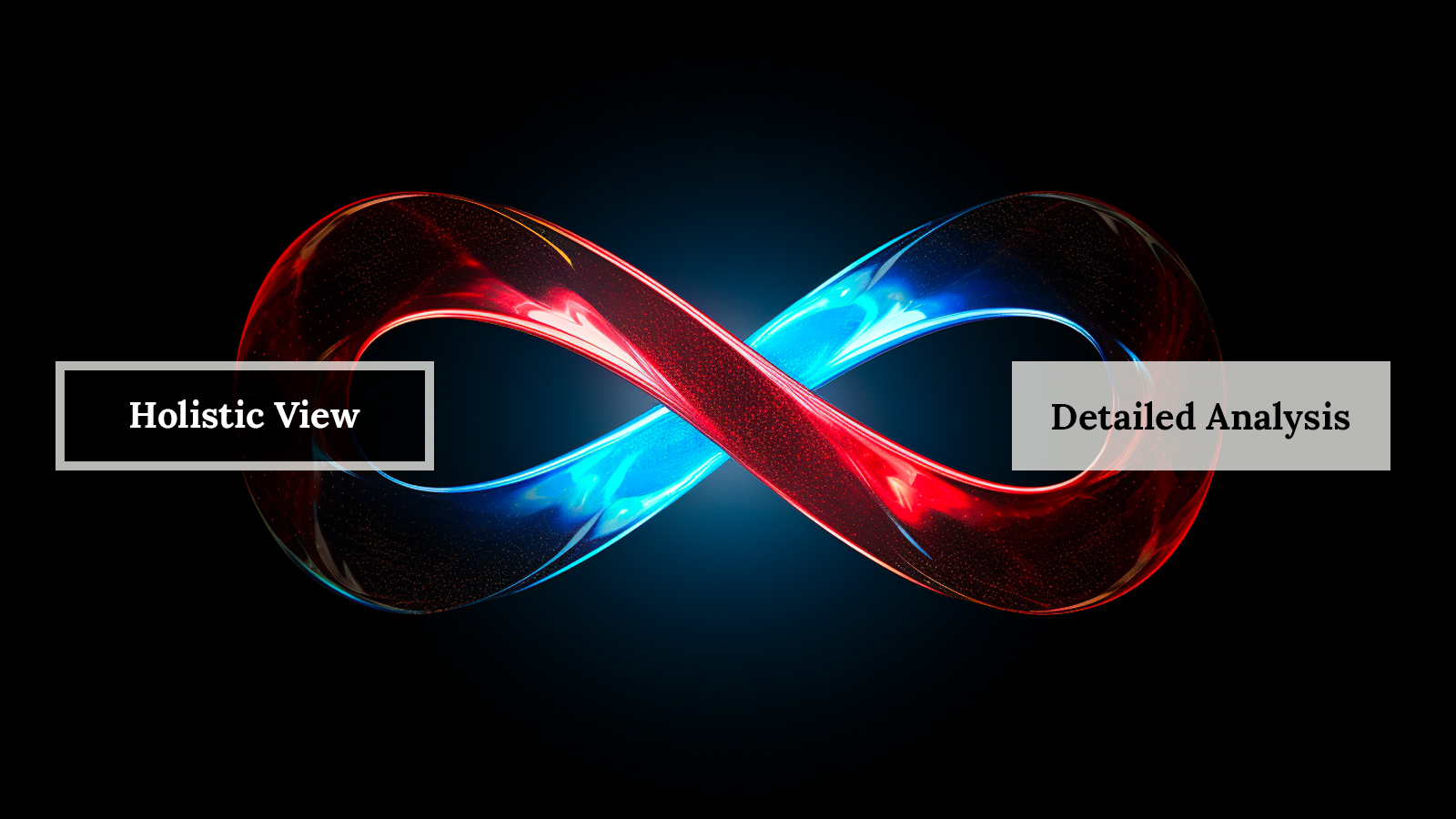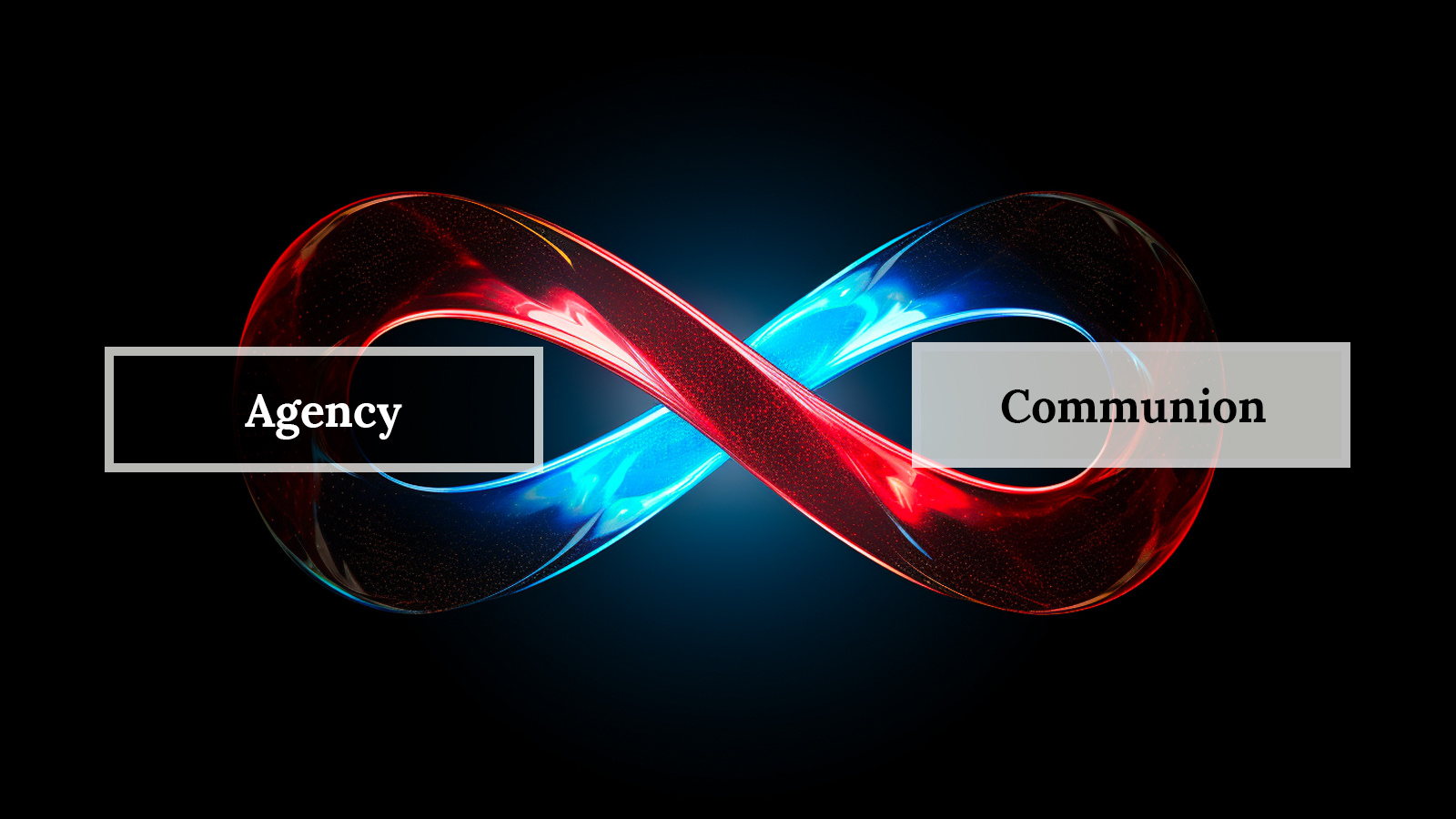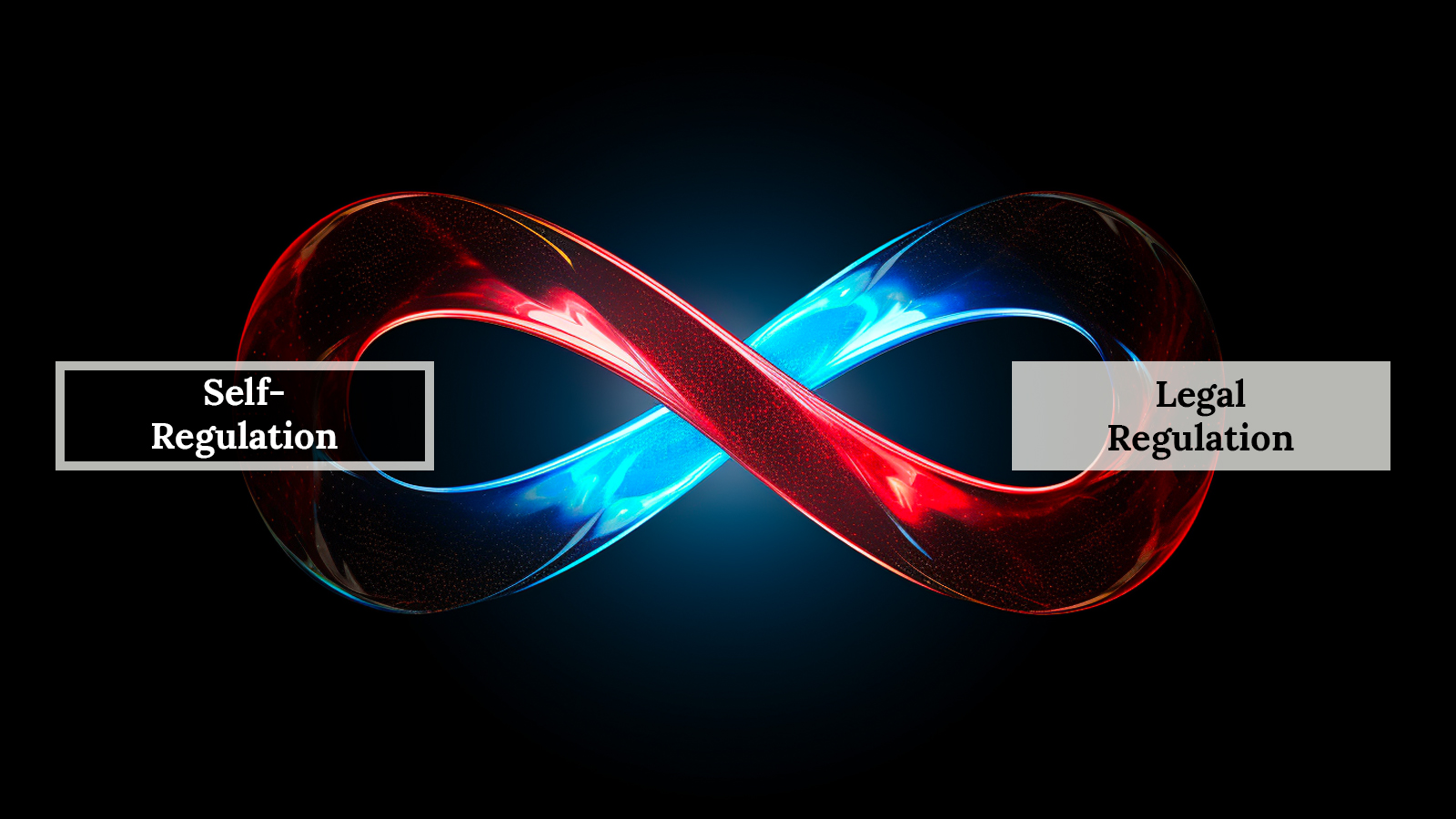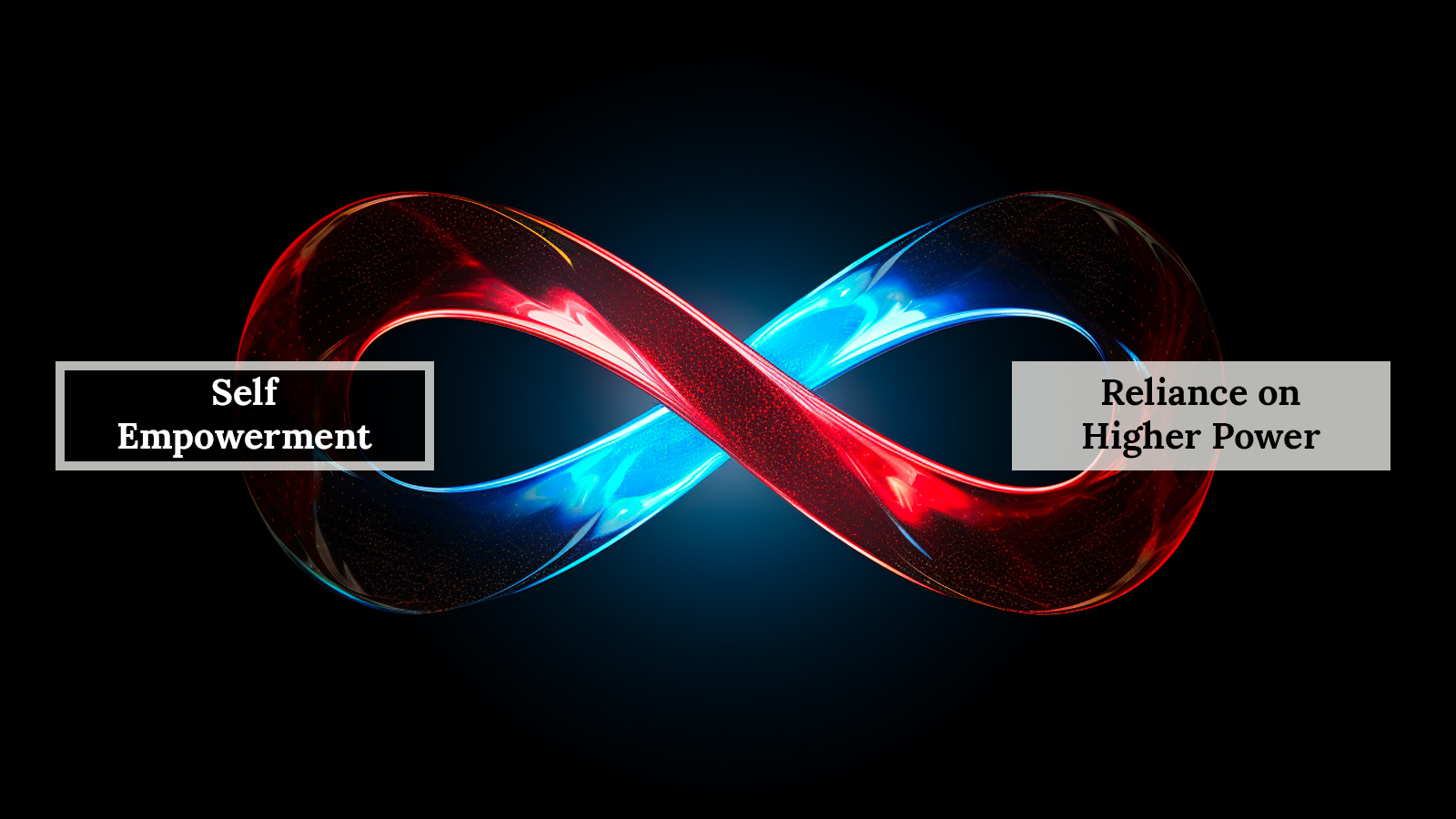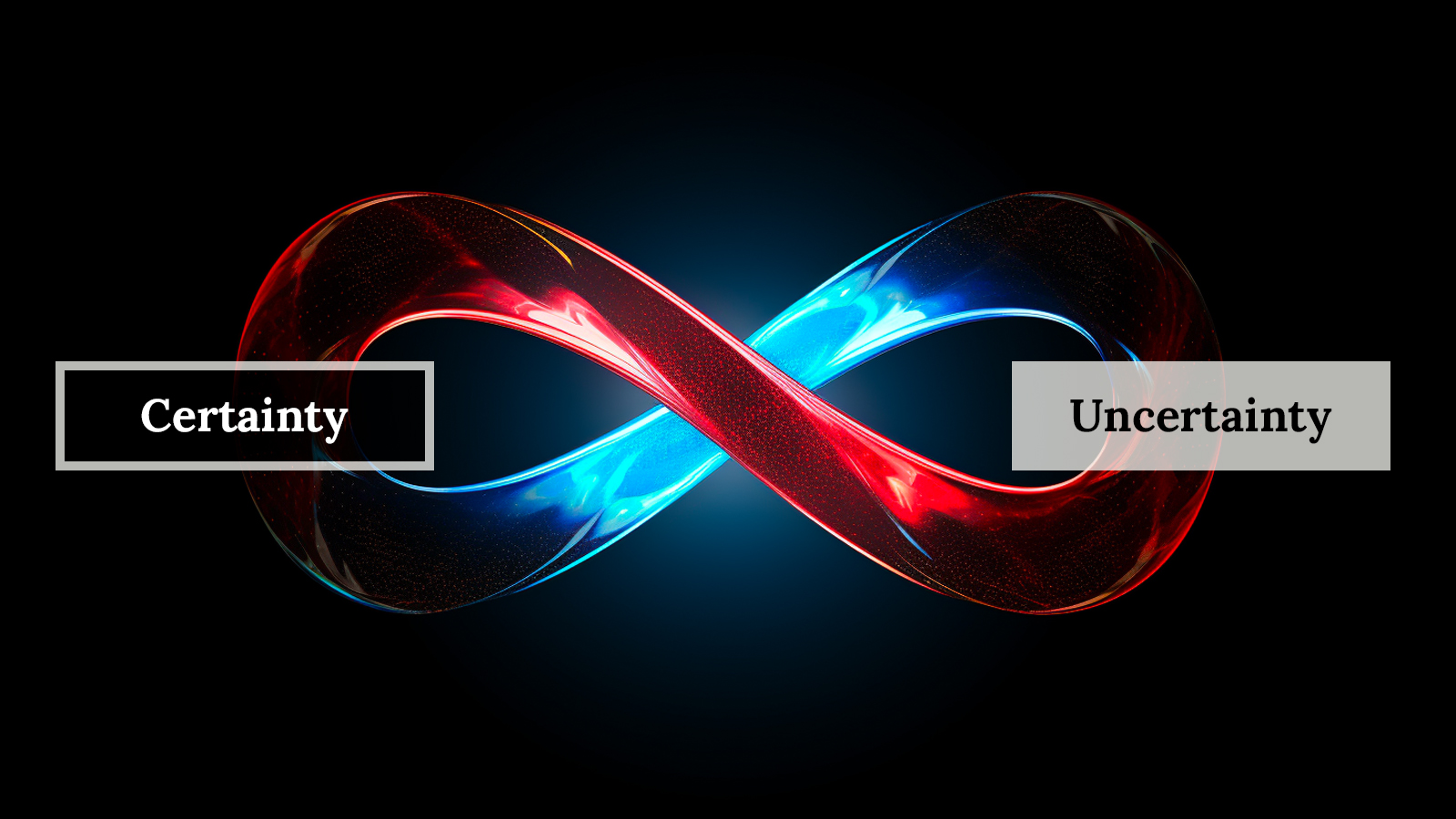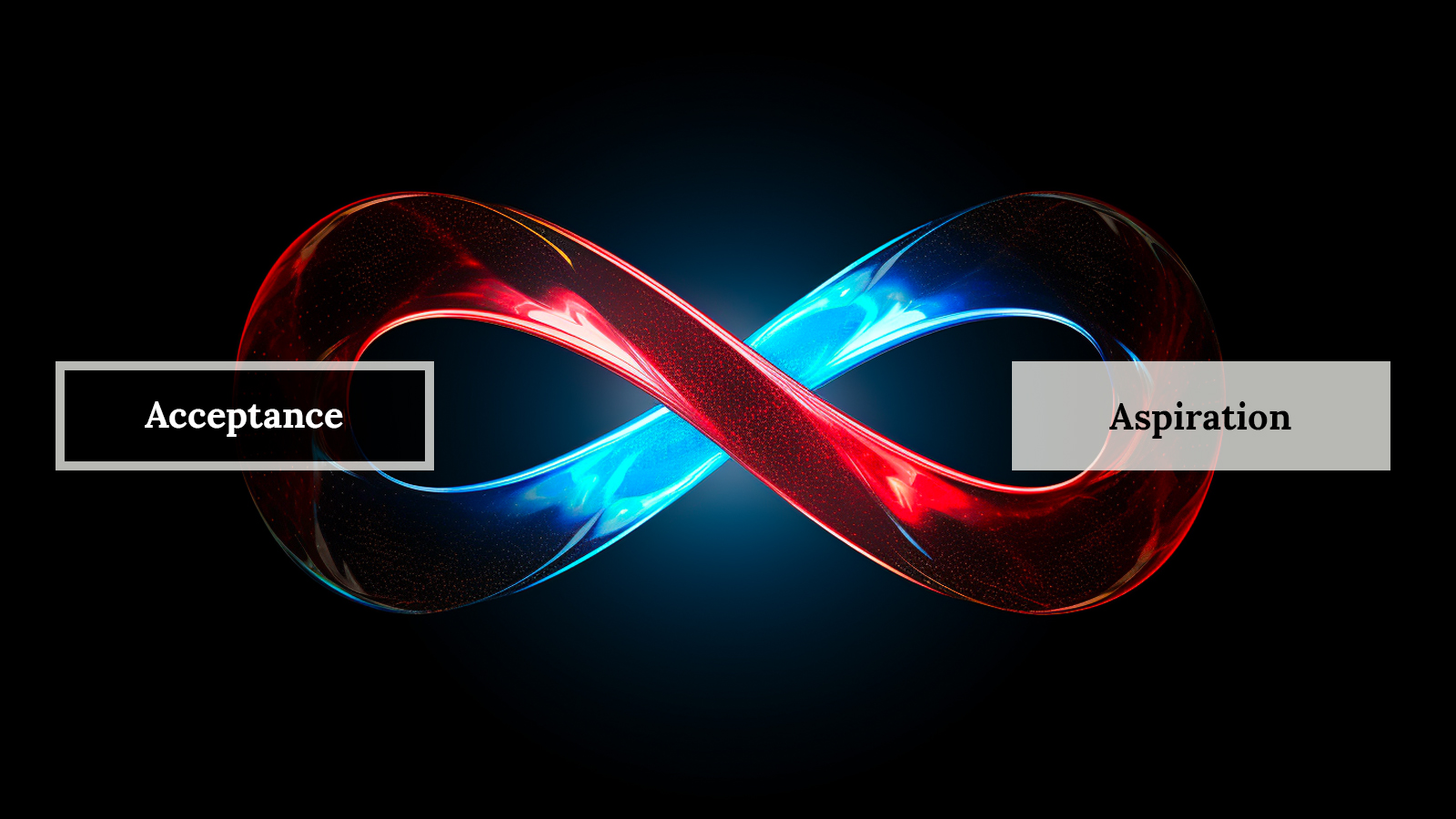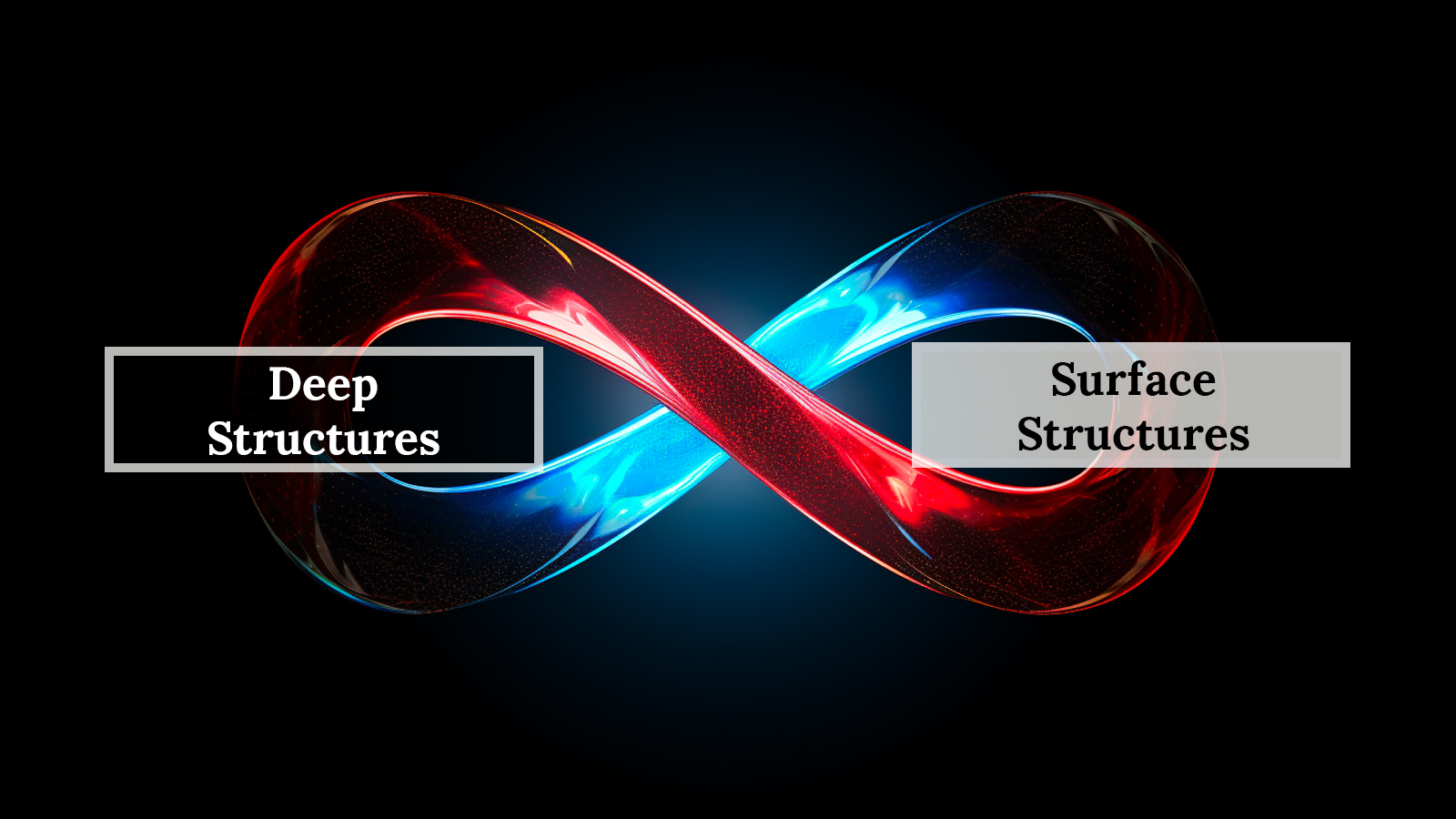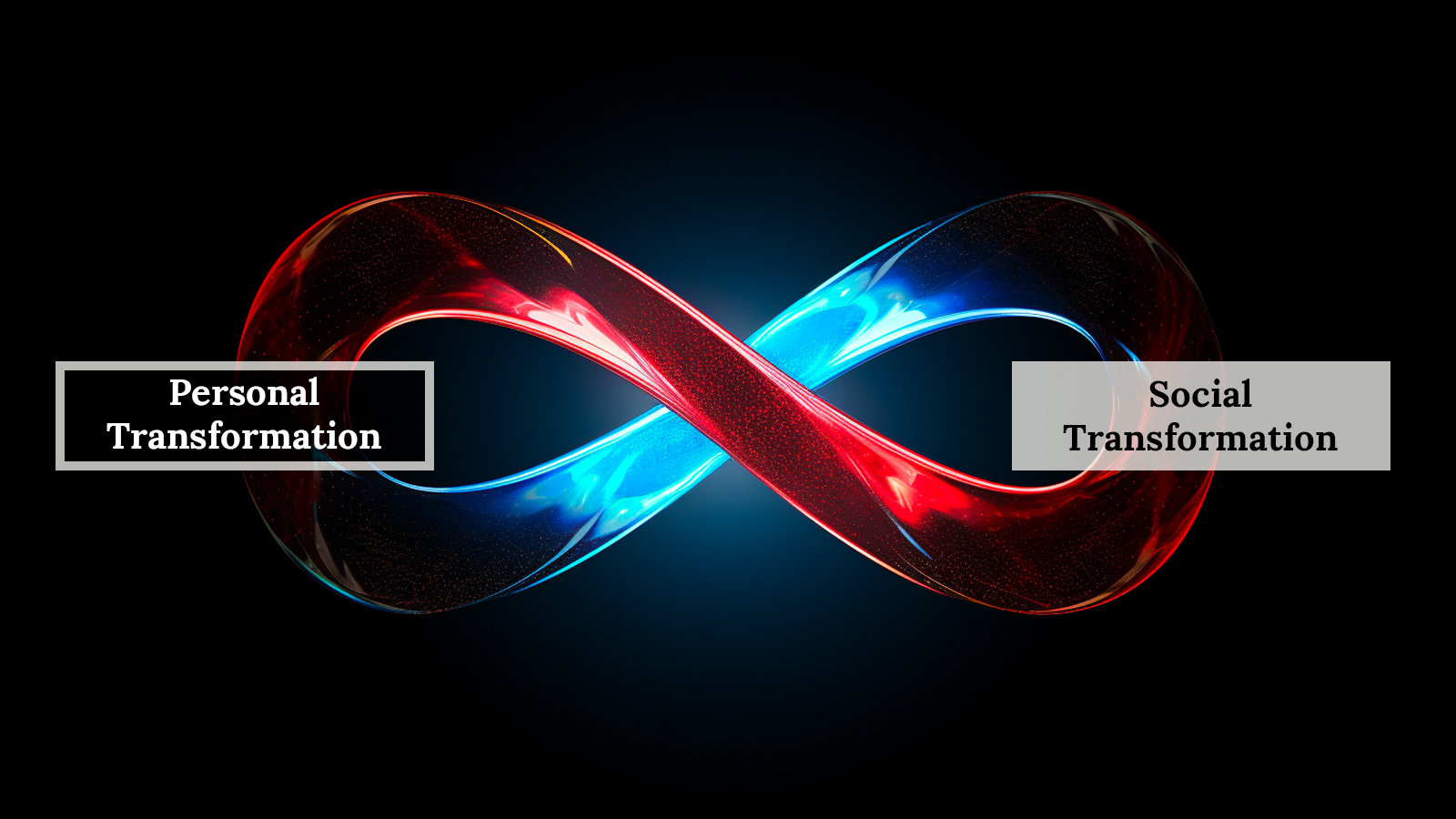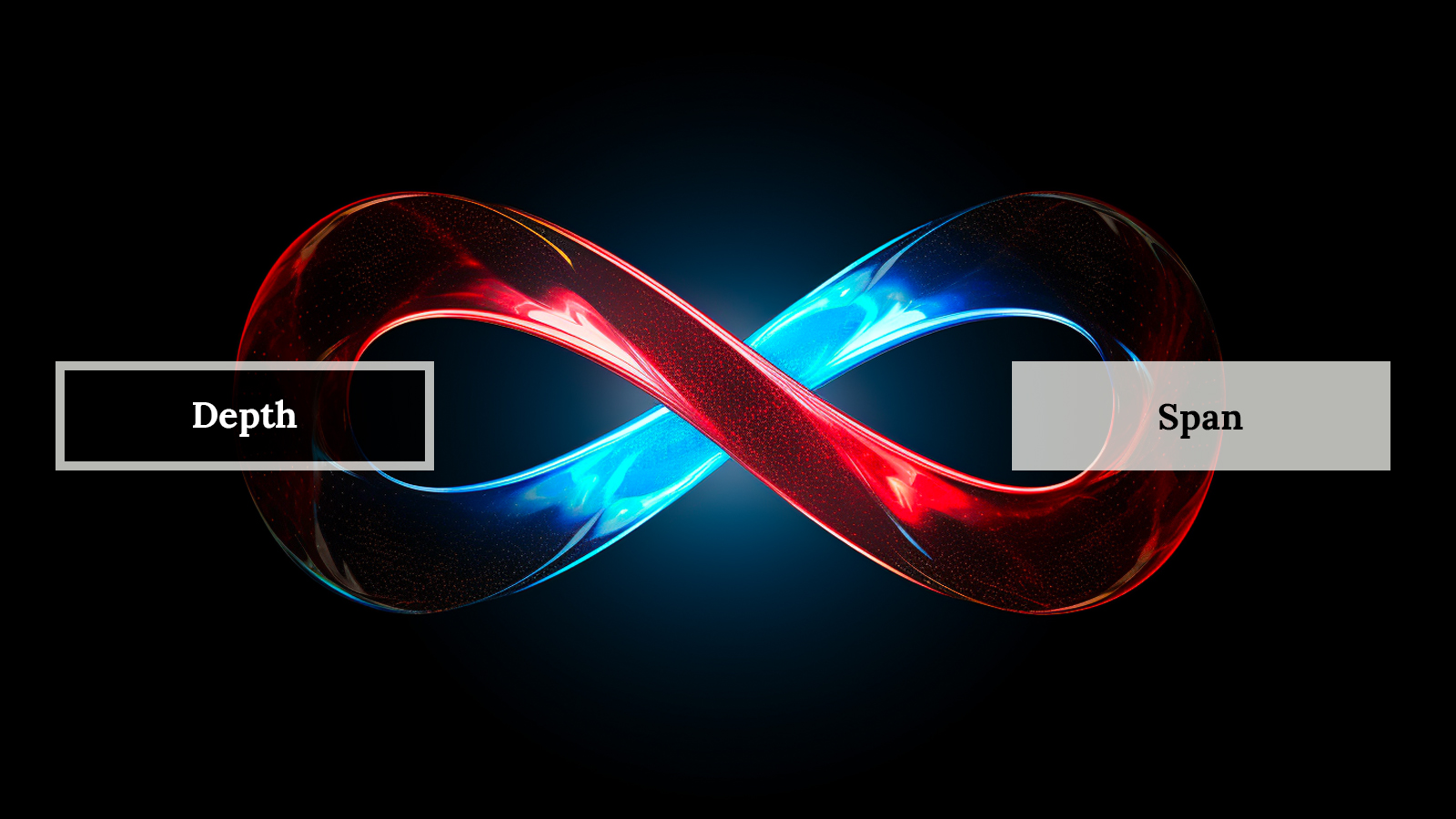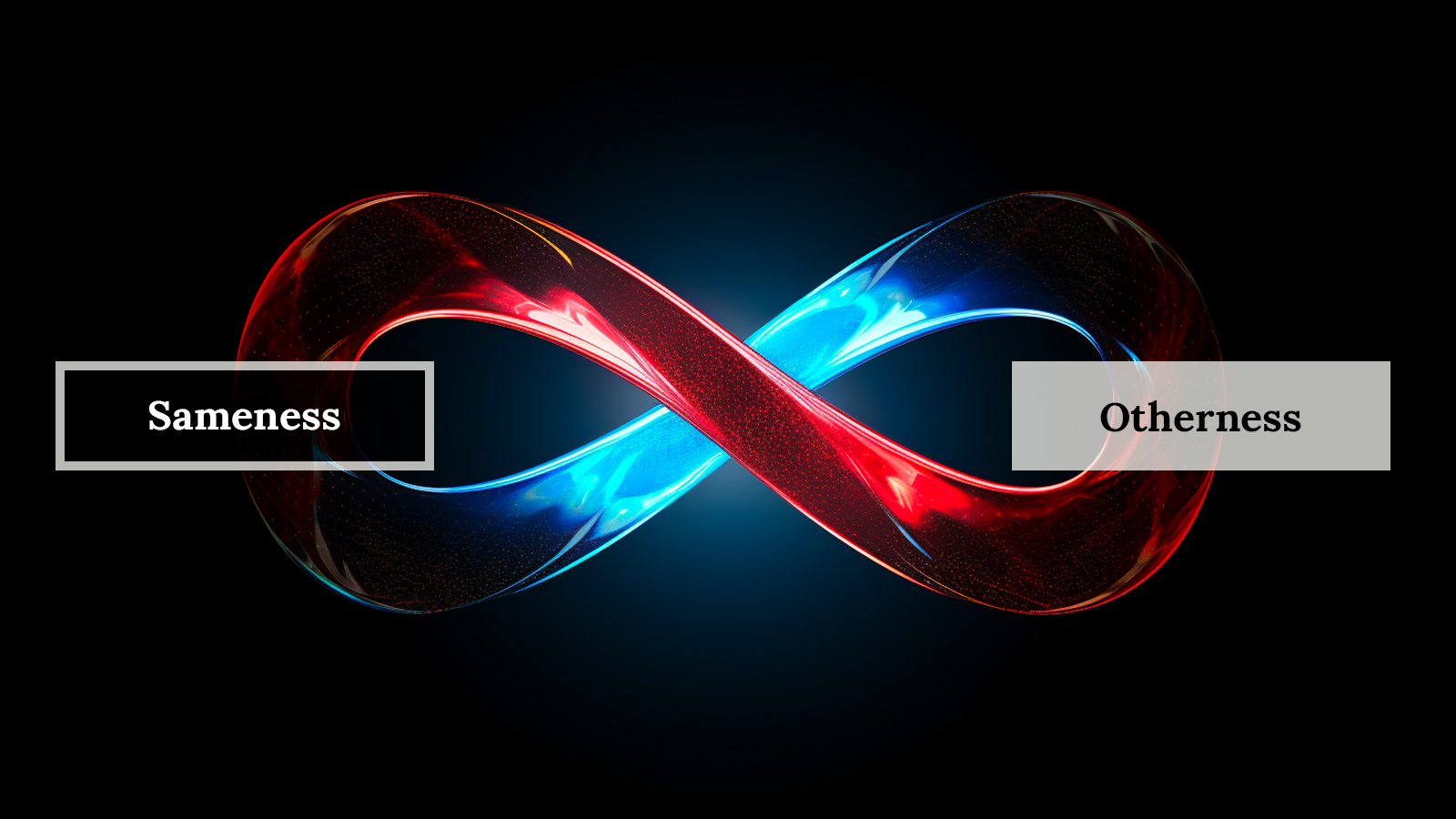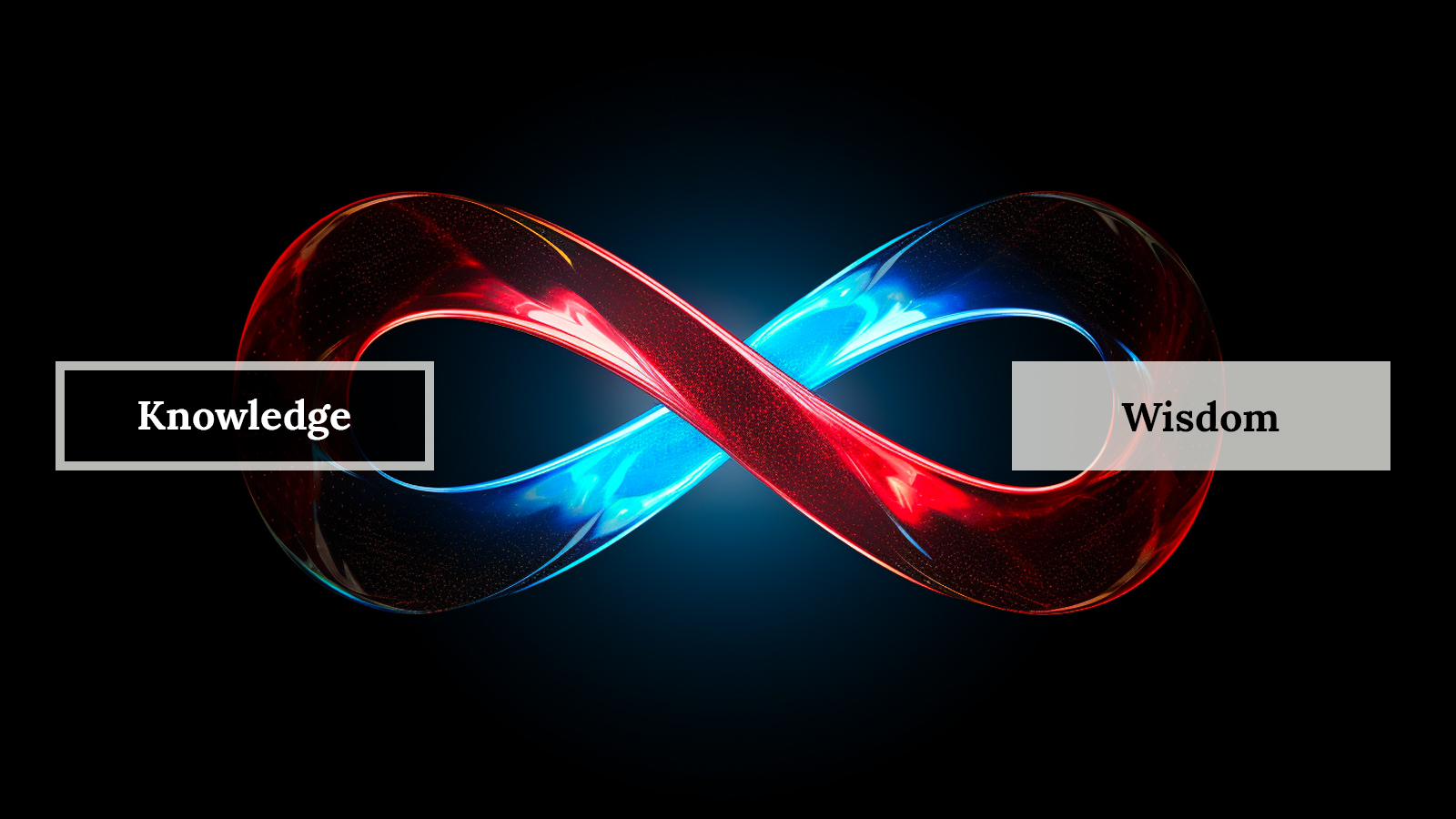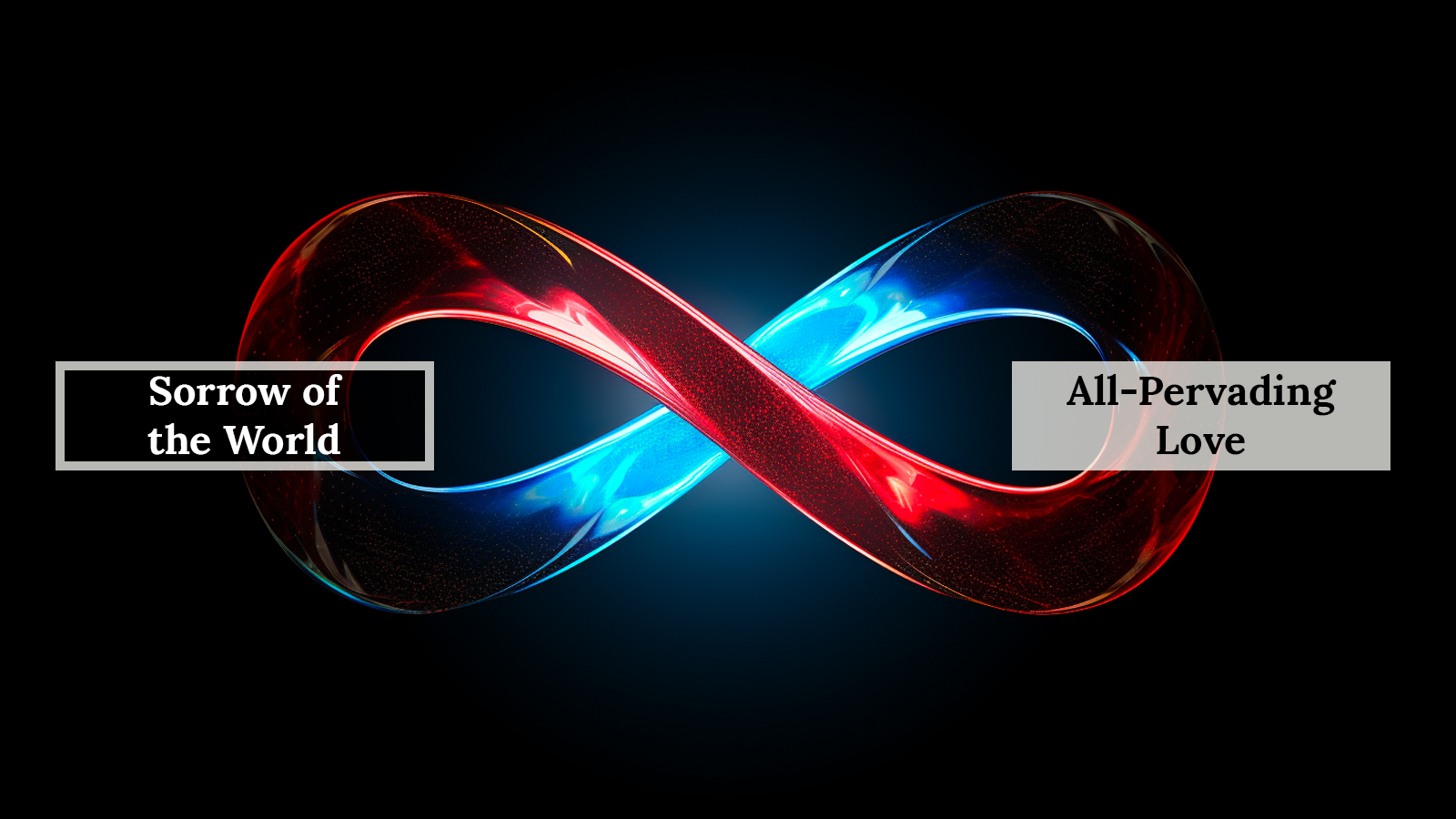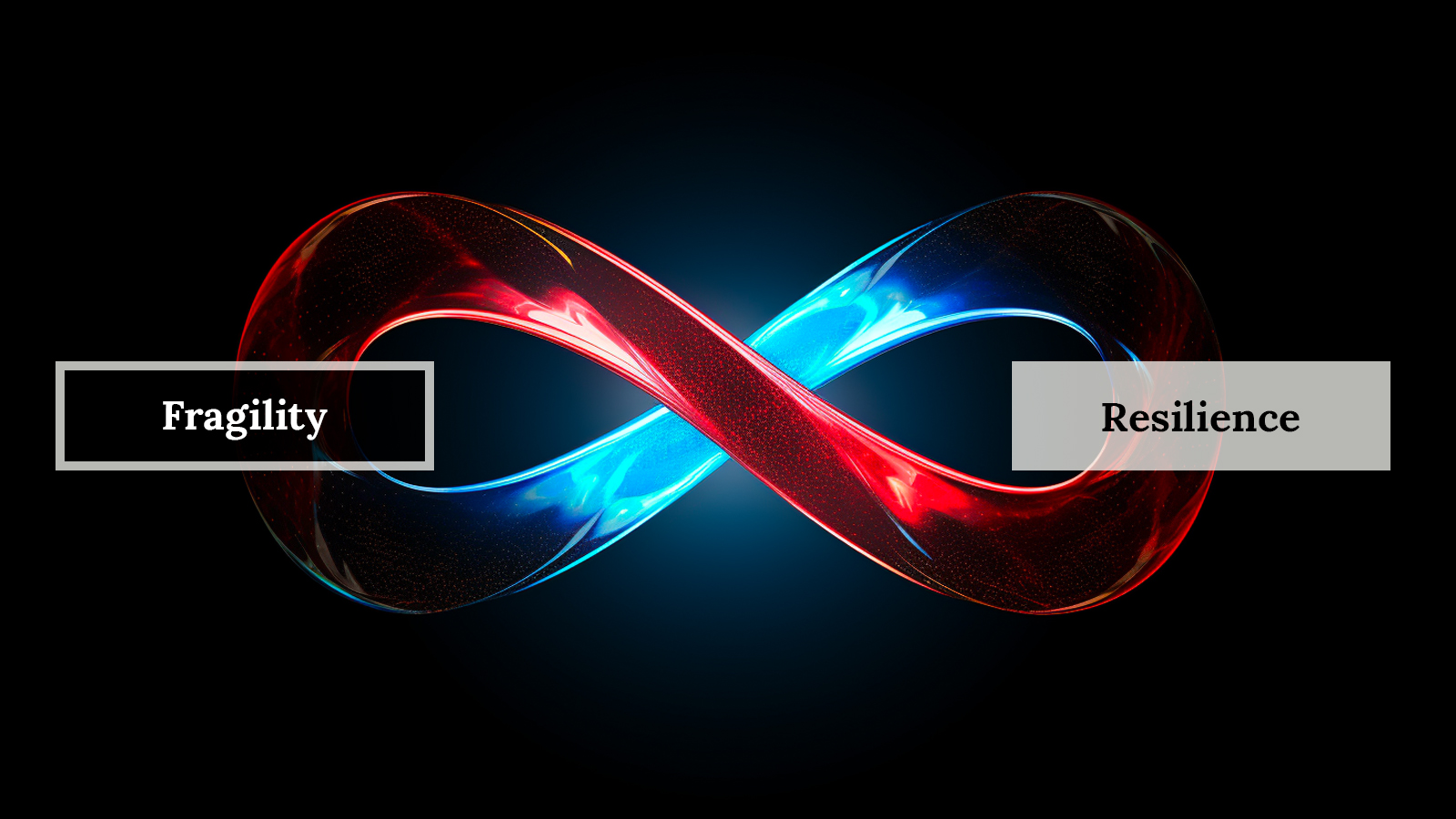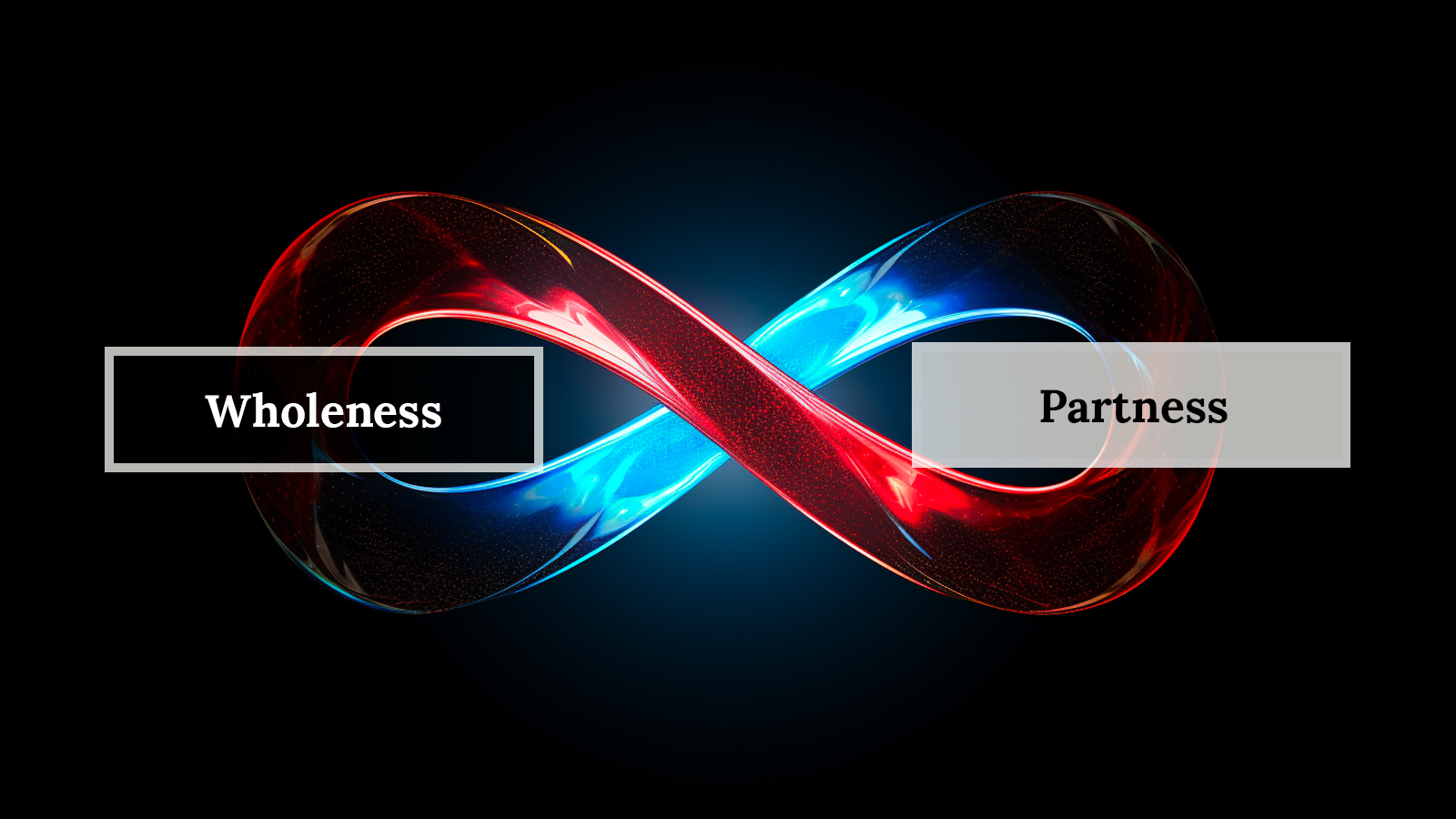|
Polarity
Description |
The Centralization & Decentralization polarity encapsulates the dynamic interplay between concentrated control and widespread distribution, particularly in how information is generated, curated, preserved, and disseminated. This polarity is crucial because it shapes the landscape of our cultural discourse, individual perceptions, and the collective consciousness. Centralization tends to streamline information flow, ensuring consistency, coherence, and reliability, while decentralization promotes diversity, autonomy, and innovation in content creation. The balance between these poles influences the evolution of societal values, the development of individual worldviews, and the overall health of public discourse. Centralization of Information refers to the concentration of content generation and dissemination processes within a limited number of channels or authorities. This approach emphasizes a structured, hierarchical method of information management, where decisions regarding what information is shared, how it’s curated, and its reliability are determined by a select group of entities. Centralization can provide a cohesive narrative, ensure quality control, and maintain standards across media platforms, contributing to a more unified and potentially reasoned discourse. Decentralization of Information represents the dispersion of content creation and distribution across a wide array of channels, often powered by digital platforms and social media. It champions the democratization of content generation, allowing individuals and communities to share their narratives without going through traditional gatekeepers. This model fosters a multiplicity of perspectives, encourages grassroots activism, and can rapidly adapt to new trends and societal needs, fueling innovation and diversity in the information ecosystem. |
Become a supporting member to learn how to integrate this polarity.
Supporting members receive full access to extensive integrated and unintegrated polarity descriptions, as well as practice tips to help balance, harmonize, and integrate these polarities.
Related Media
From Socrates to Social Media: Renewing Our Commitment to Free Speech
Nadine Strossen, Mark Fischler and Corey deVos
Mark Fischler and Corey deVos are joined by Nadine Strossen, a renowned advocate for free speech and former president of the ACLU, to traverse the rich history and the evolving frontier of free speech — a legacy that reaches from the philosophical debates of ancient Greece to today’s dynamic platforms of social media. Together, Nadine, Mark, and Corey illuminate the journey of free speech (a crowning achievement of the rational/modern (Orange) stage) celebrating it as a beacon of individual rights and a testament to the unyielding human pursuit of truth and expression.
Recommended Training
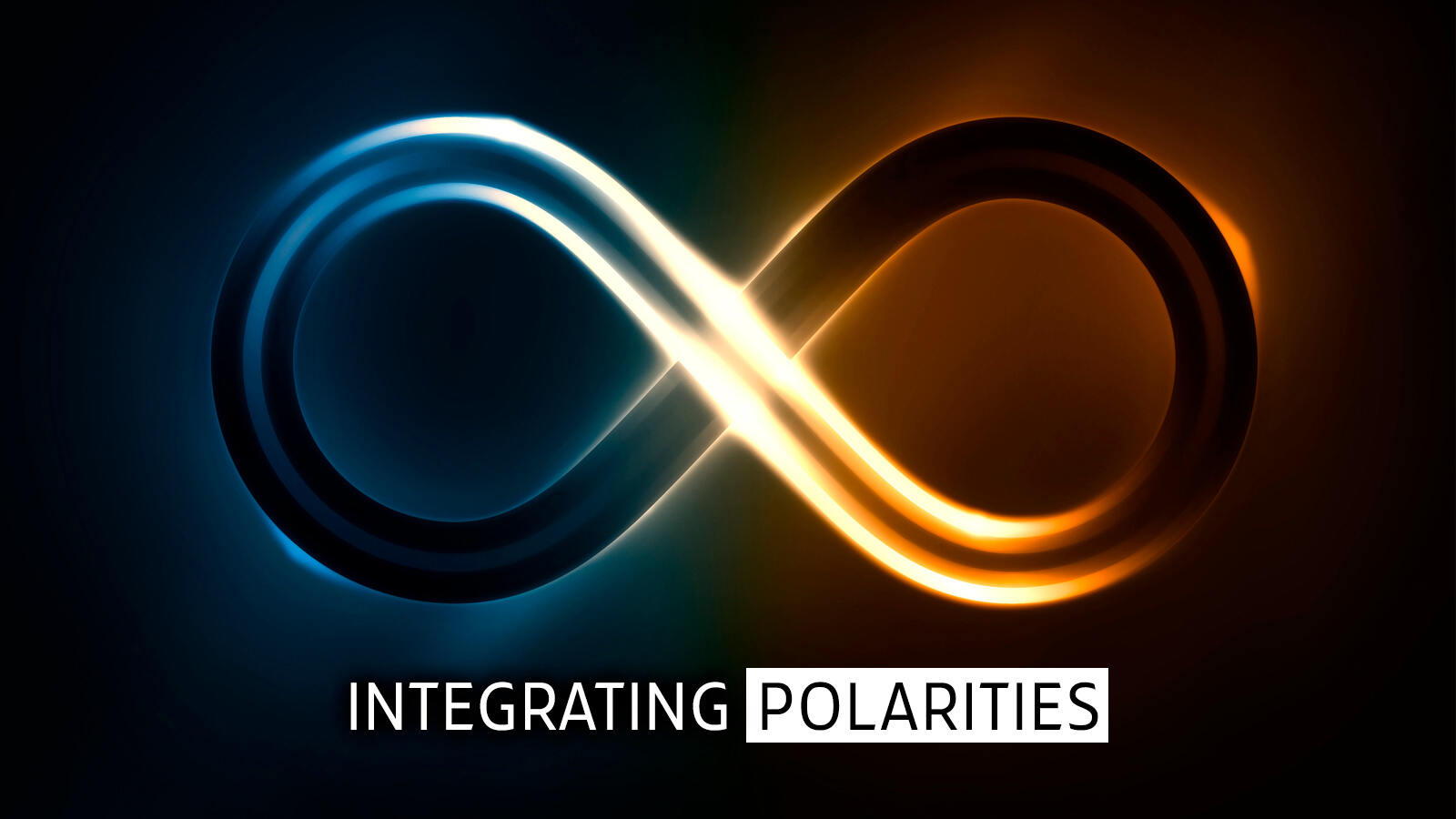
with Beena Sharma
Integrating Polarities is a revolutionary new training program by Beena Sharma, designed to teach you the higher-order thinking common to leading-edge individuals at the integral stage of development. This training is designed to model the higher-order thinking associated with integral stages of psychological maturity, offering you a step-by-step process to help you learn these thinking skills and apply them to your life, your relationships, and your work in the world.
Enroll Now
More Polarity Maps
About Corey deVos
Corey W. deVos is editor and producer of Integral Life. He has worked for Integral Institute/Integal Life since Spring of 2003, and has been a student of integral theory and practice since 1996. Corey is also a professional woodworker, and many of his artworks can be found in his VisionLogix art gallery.

